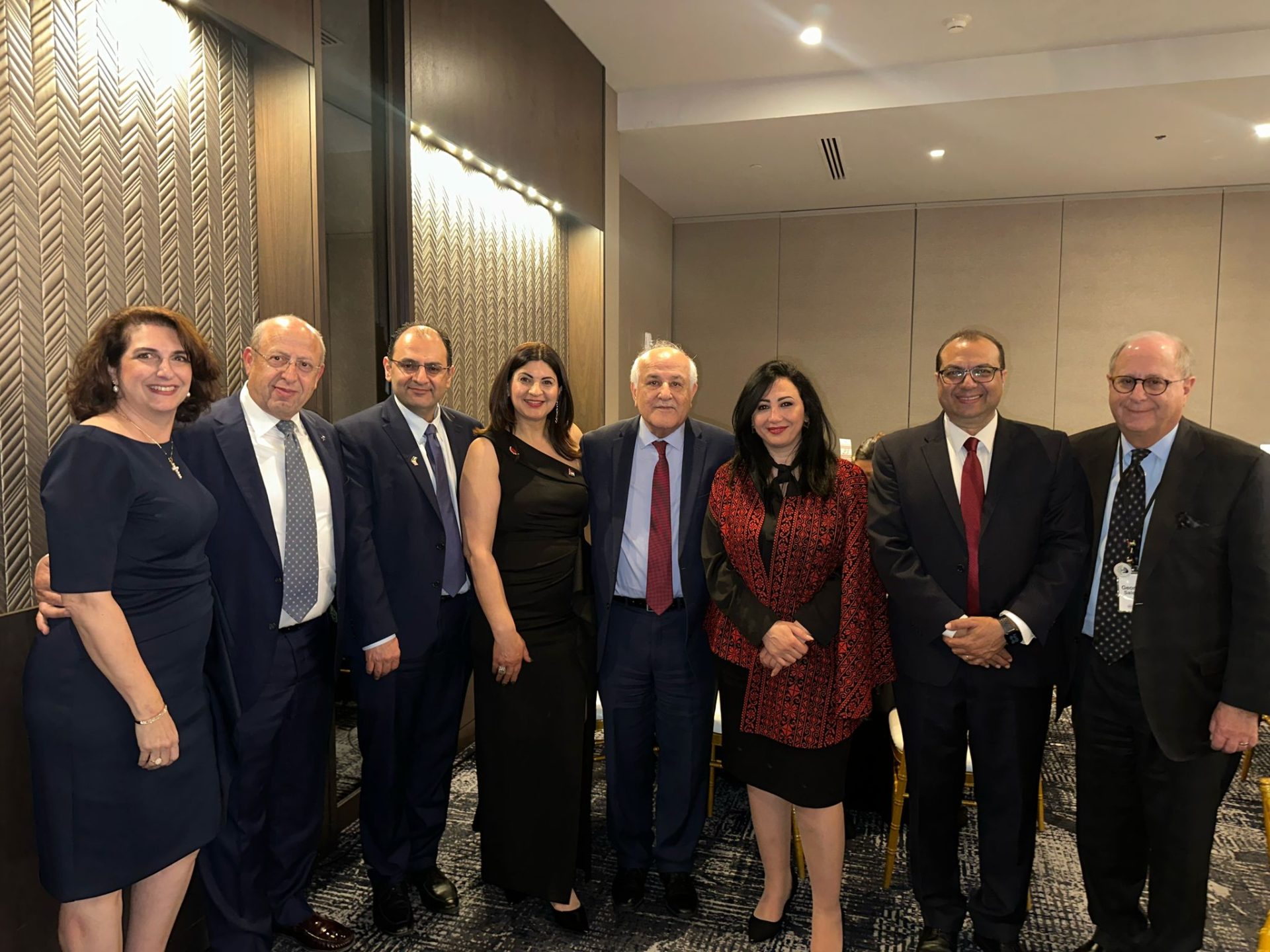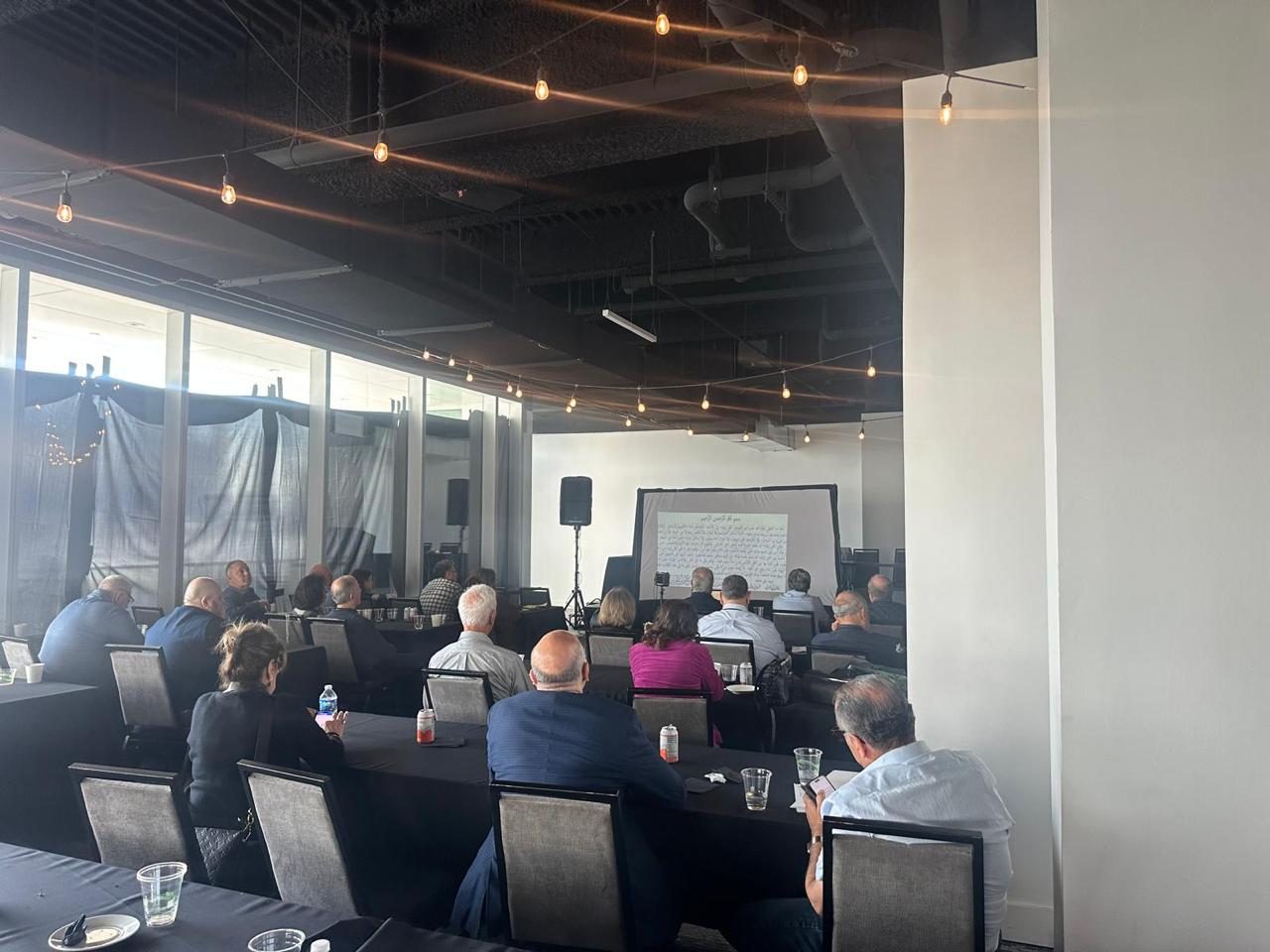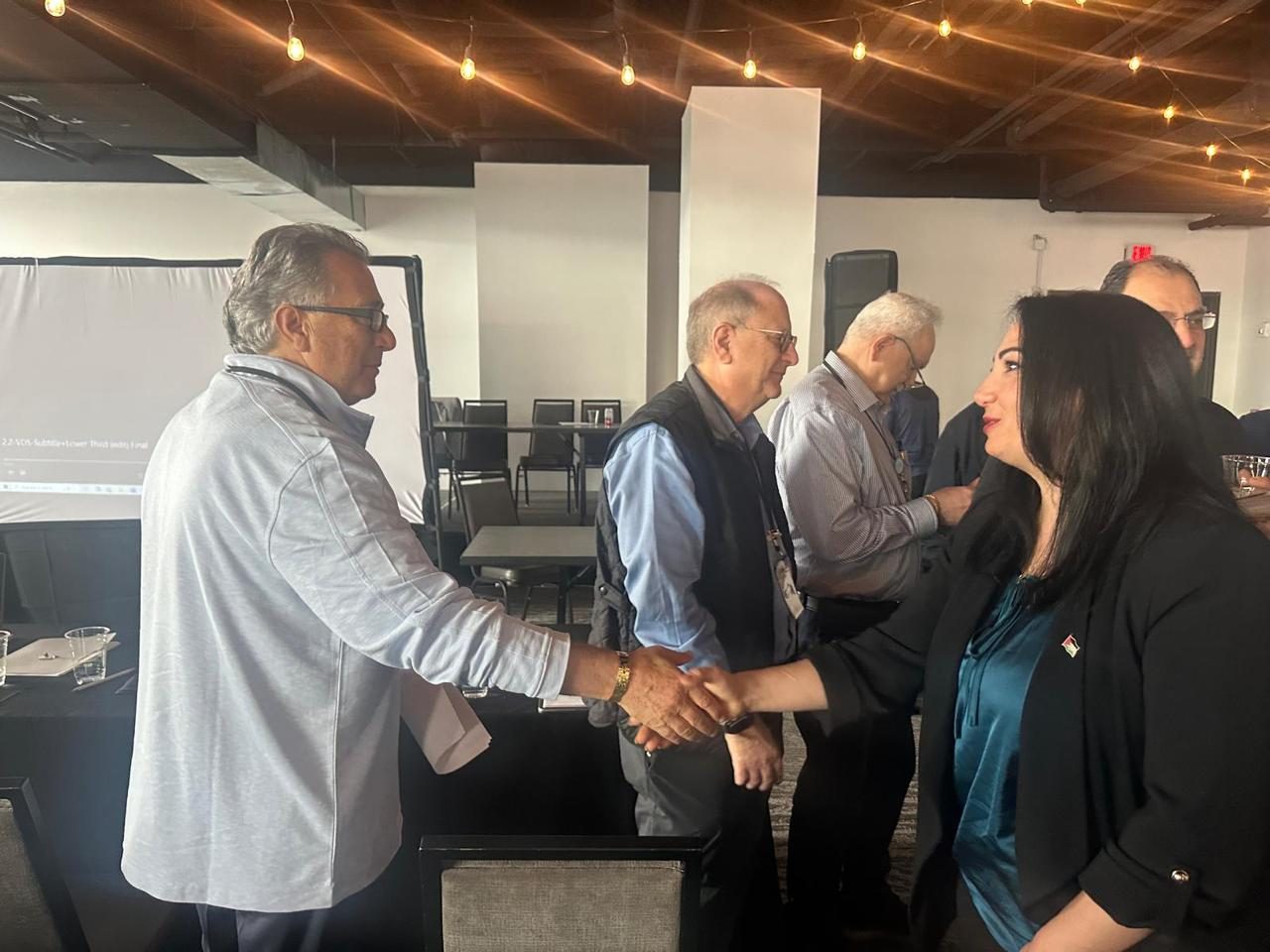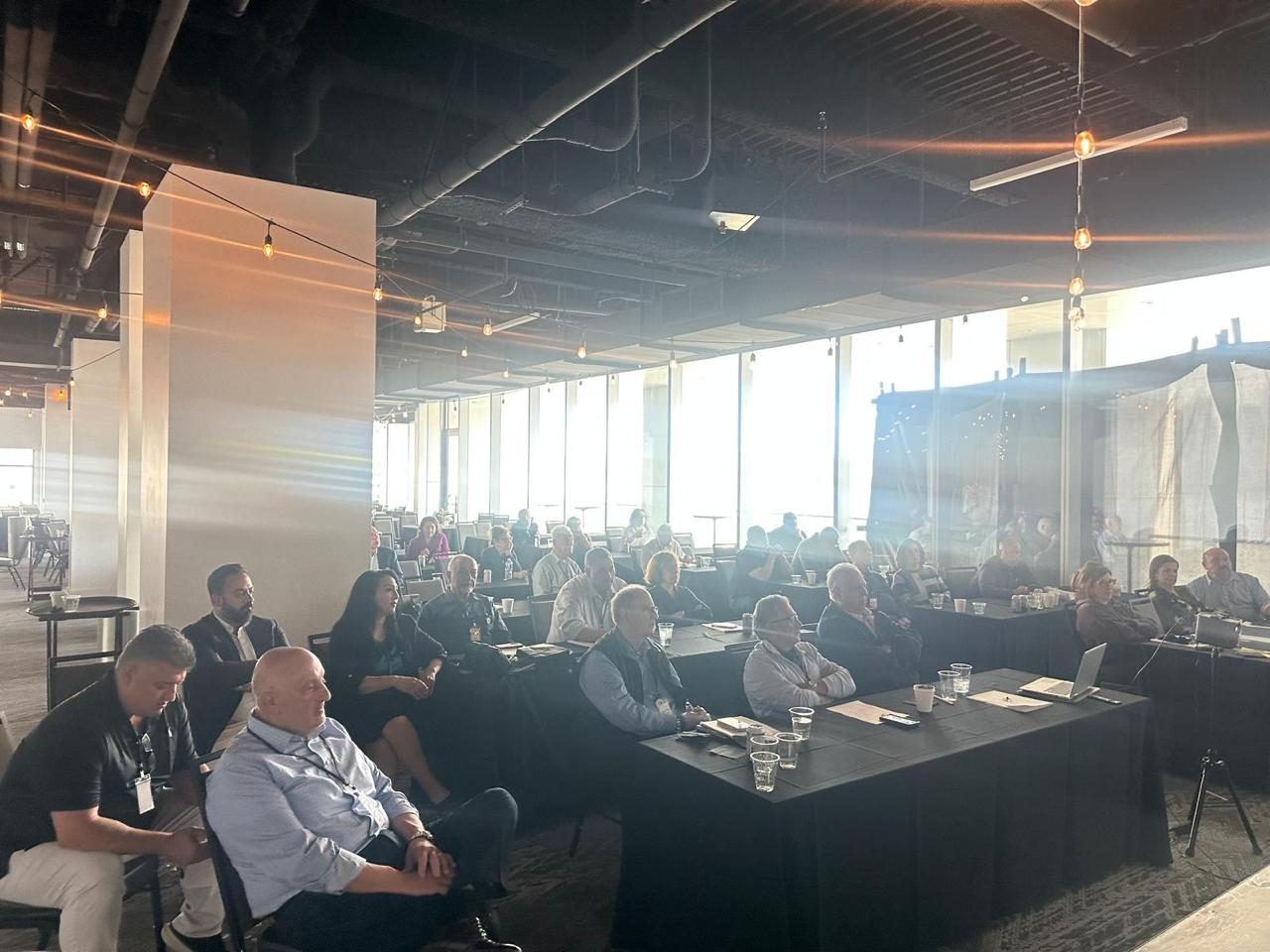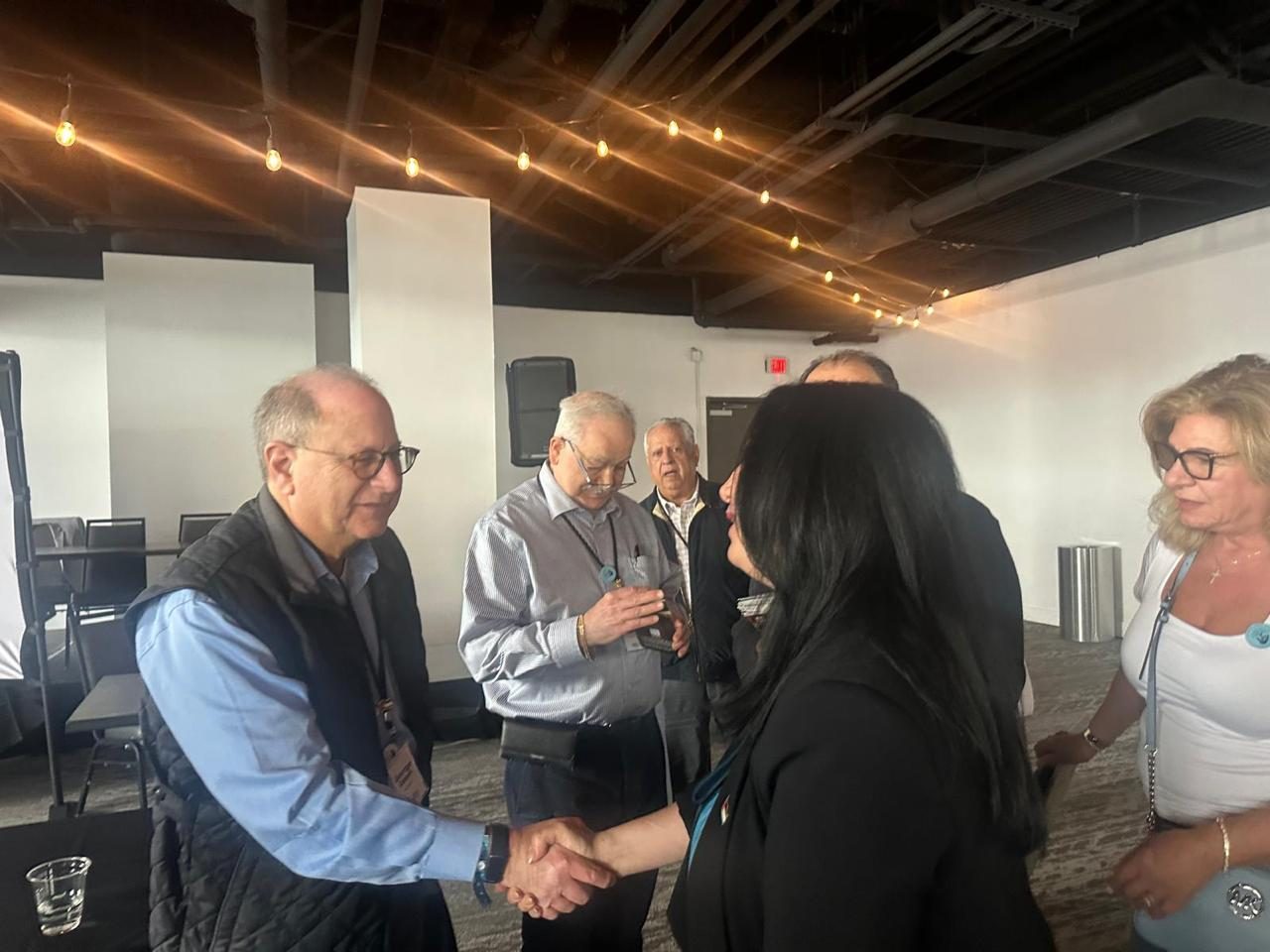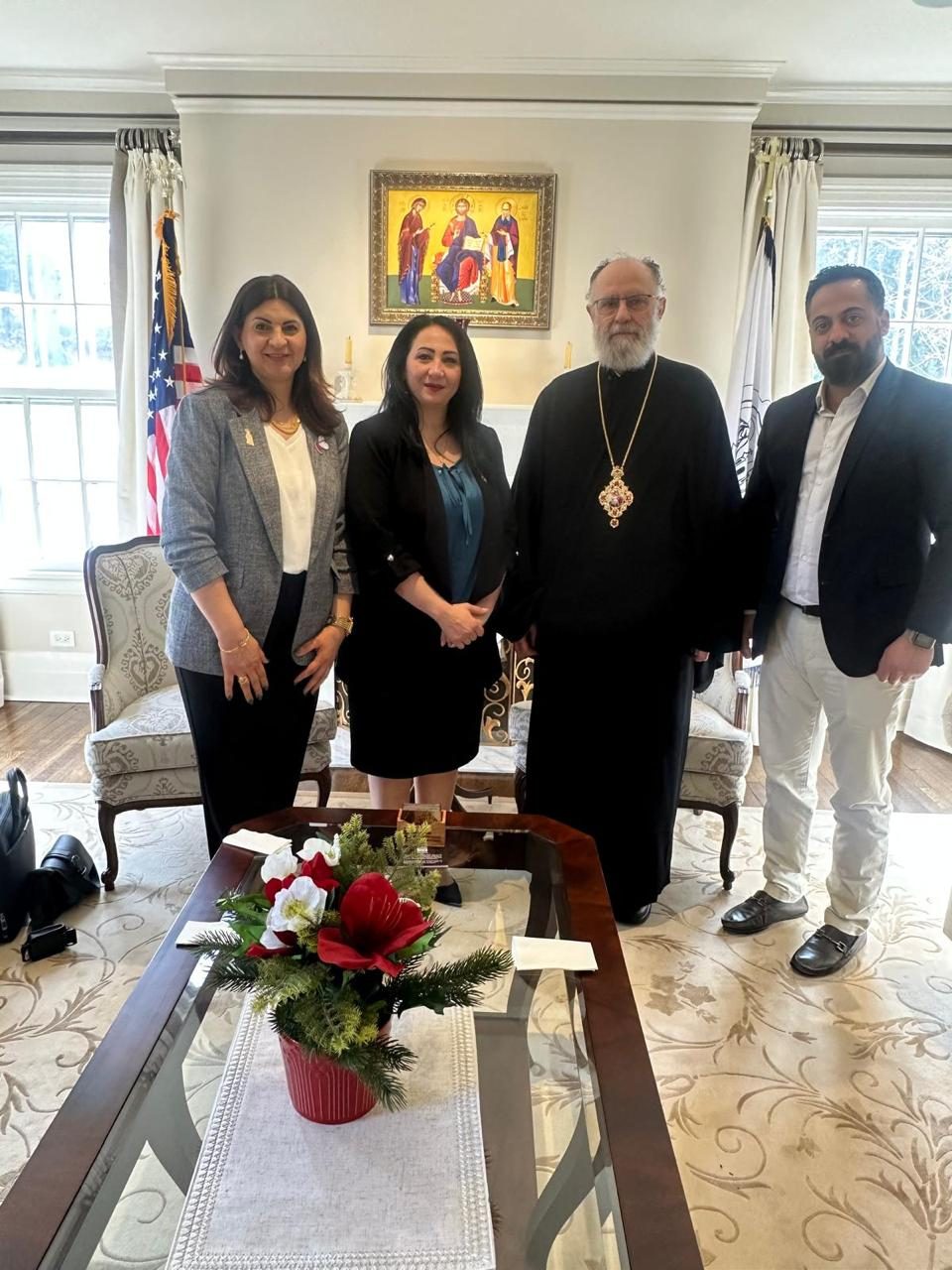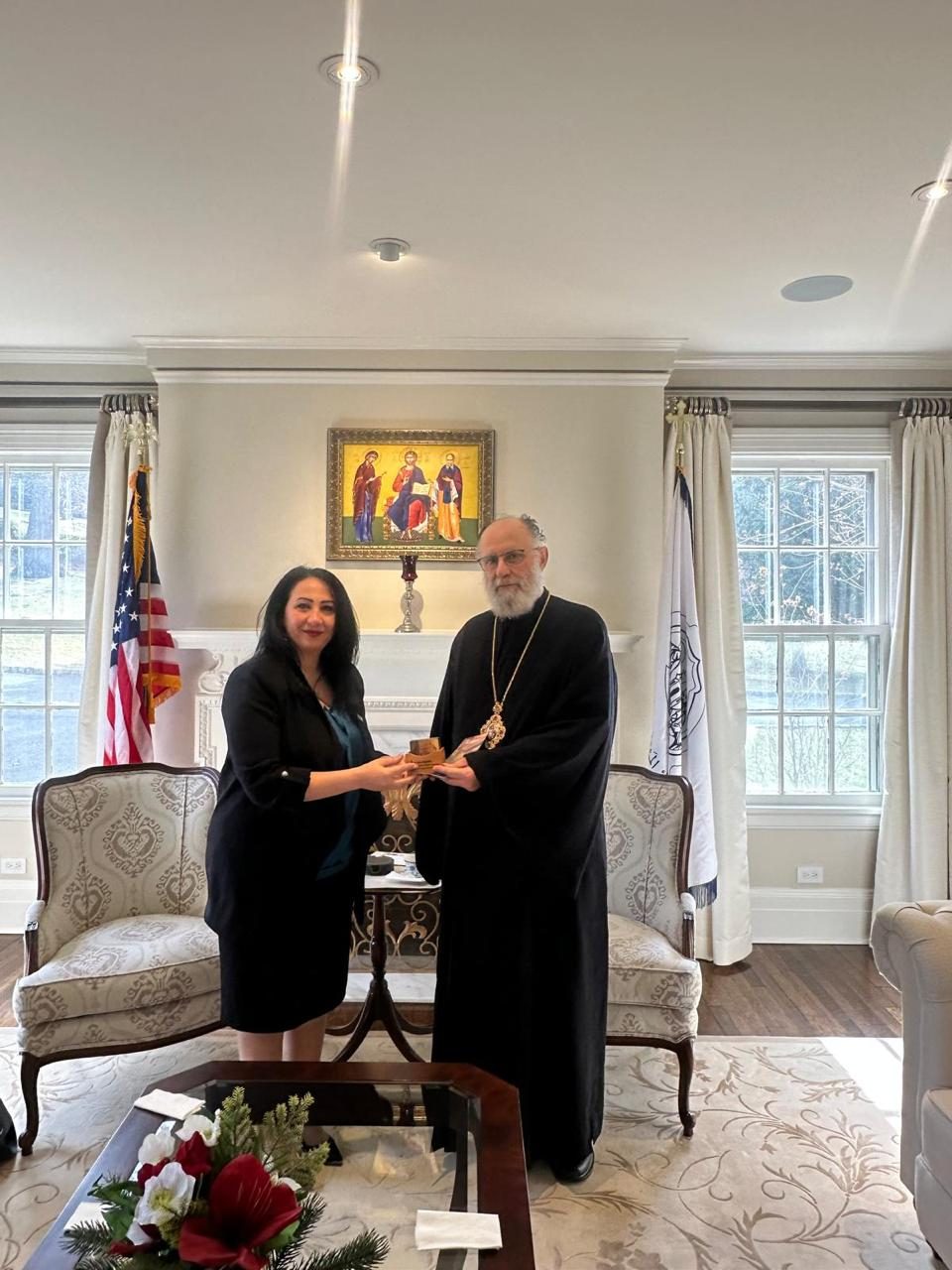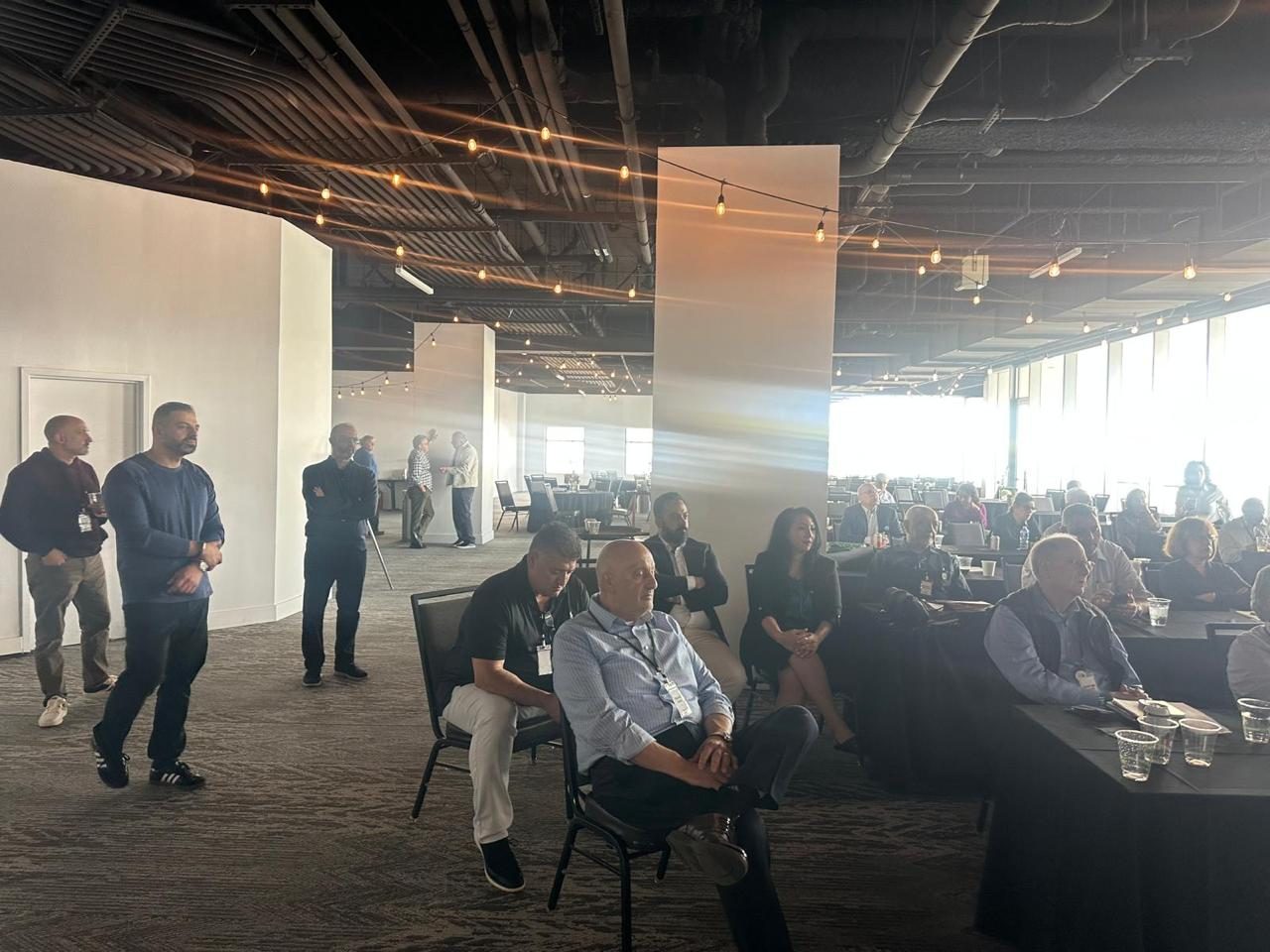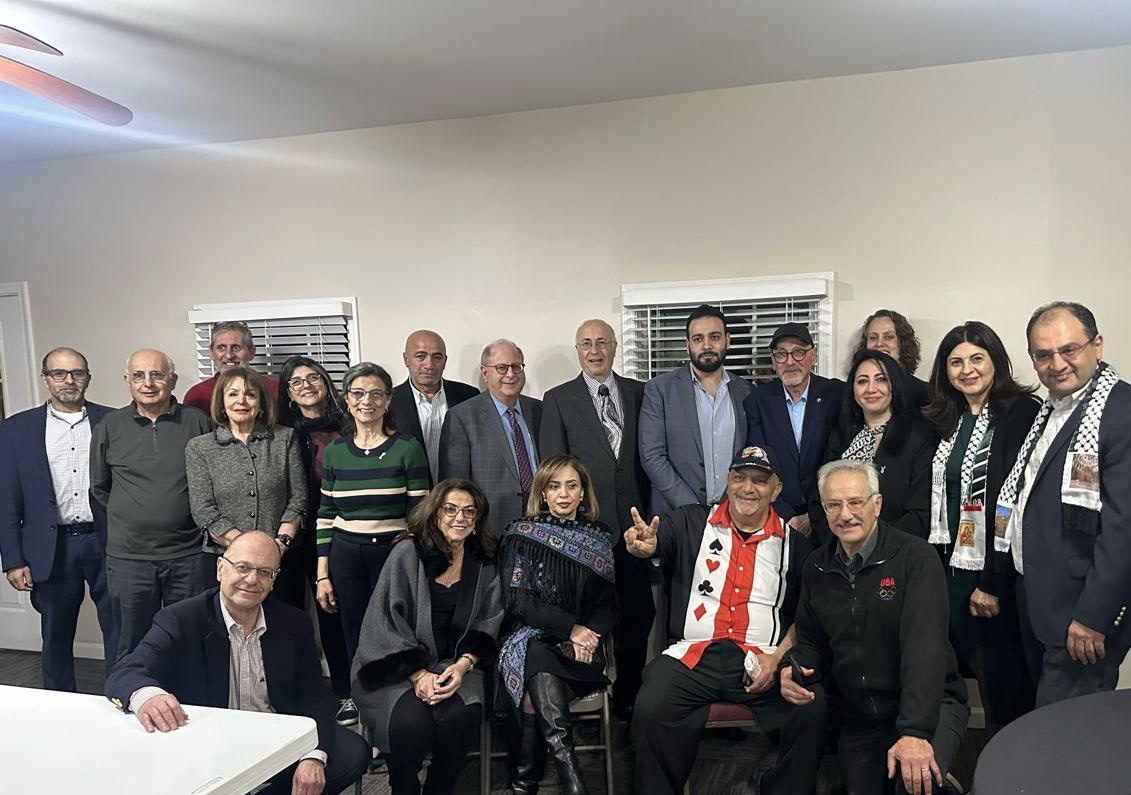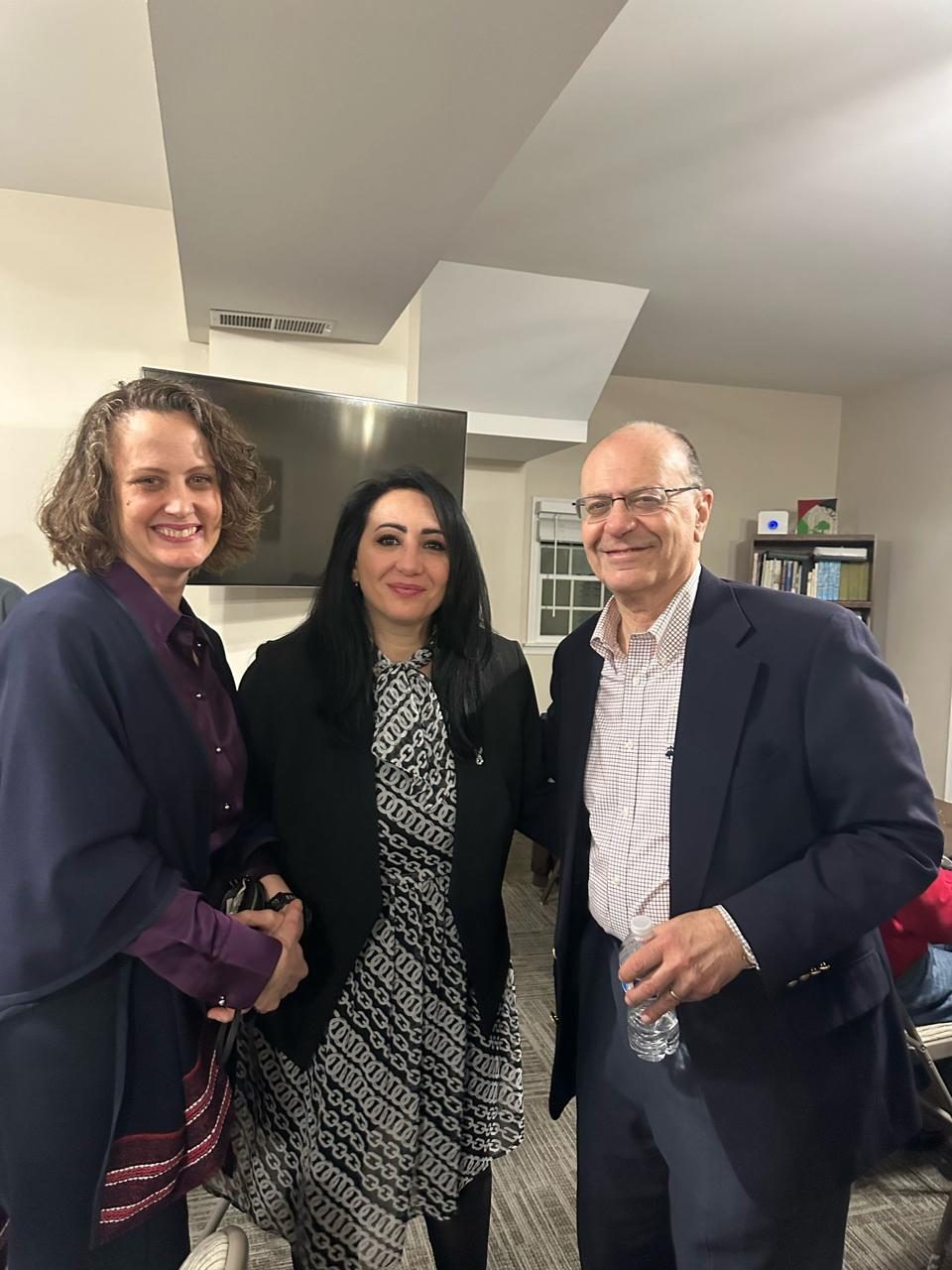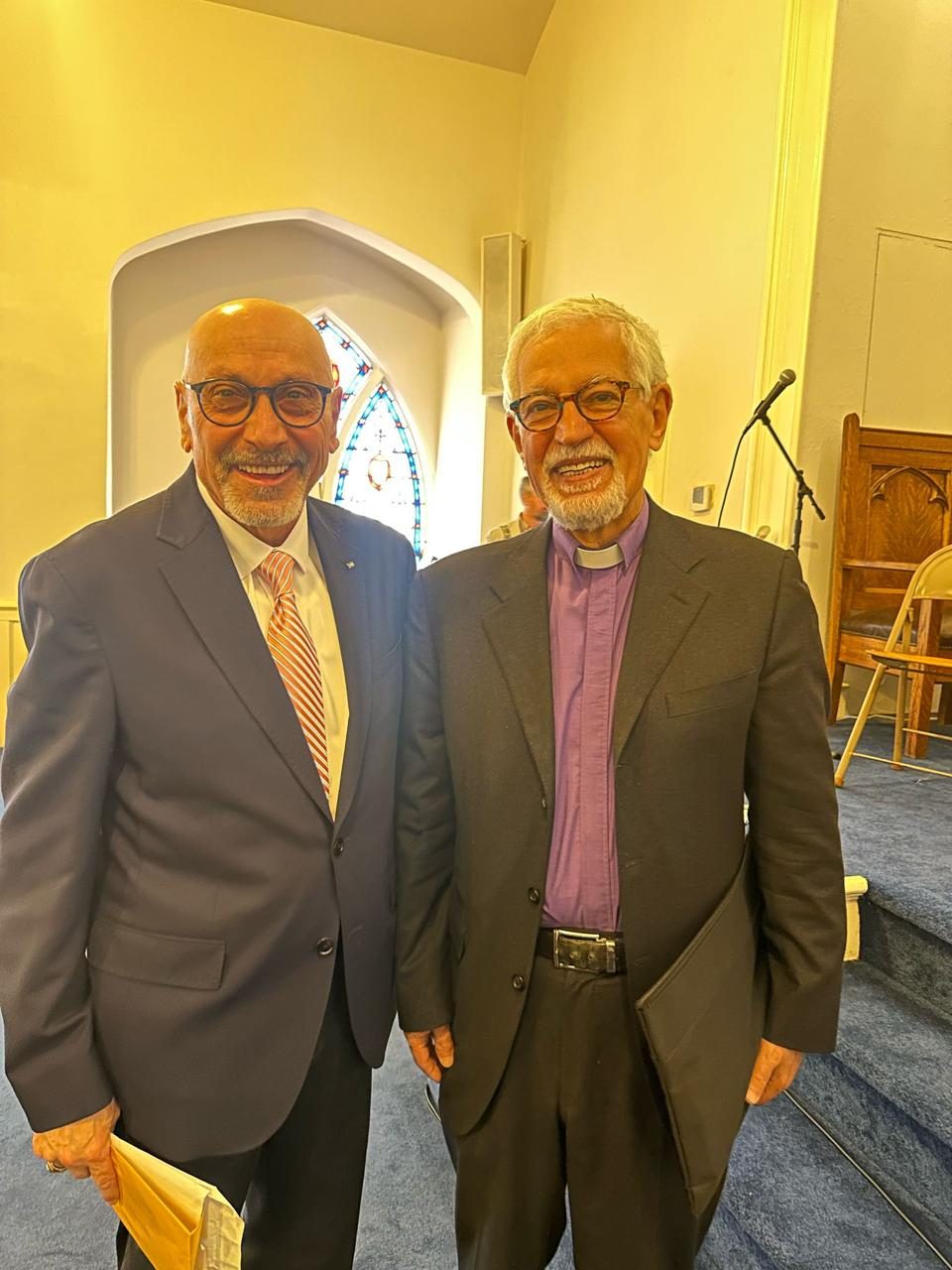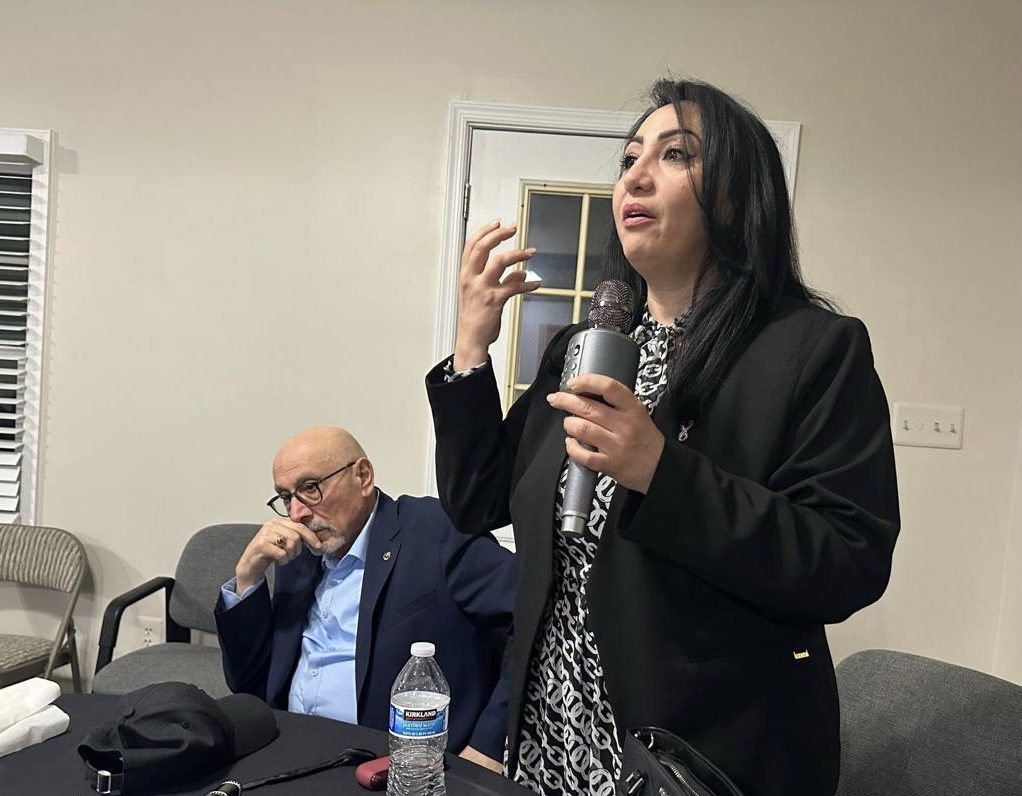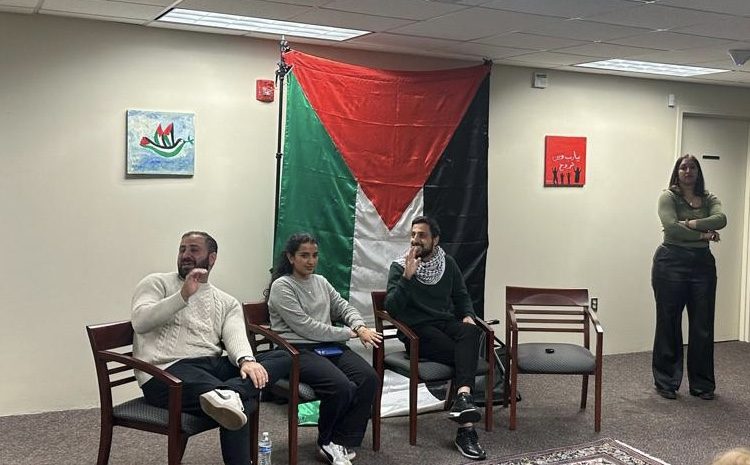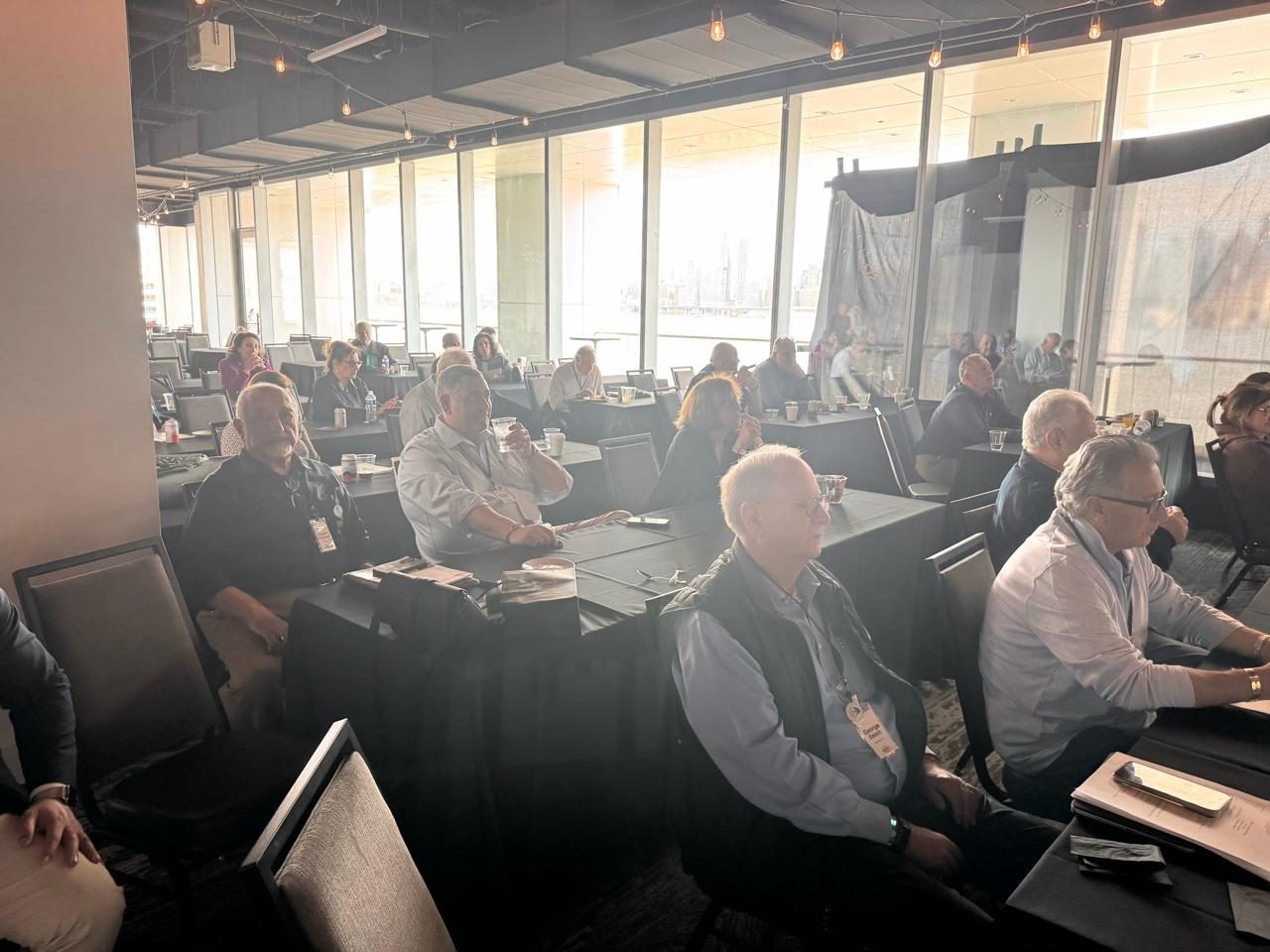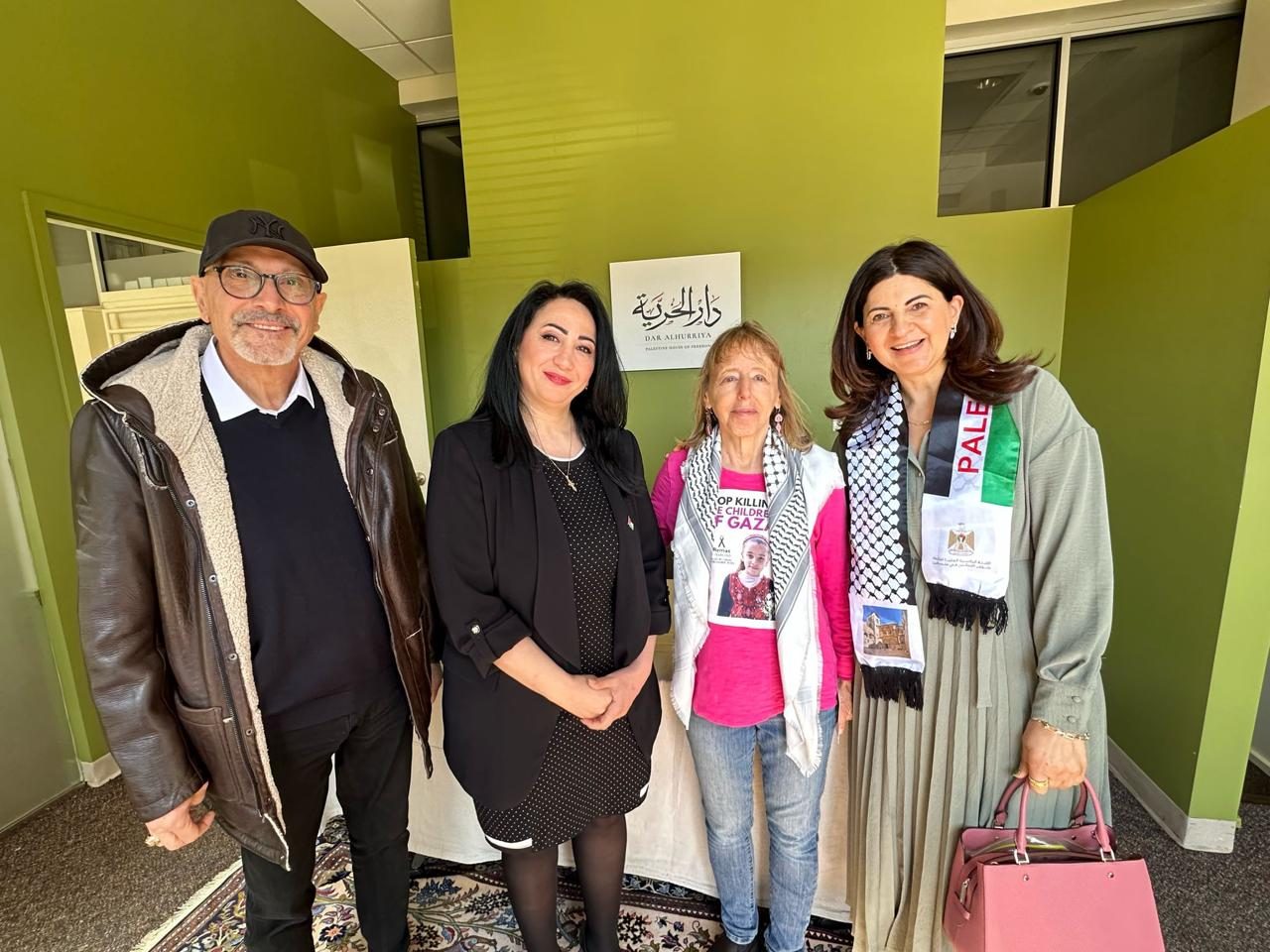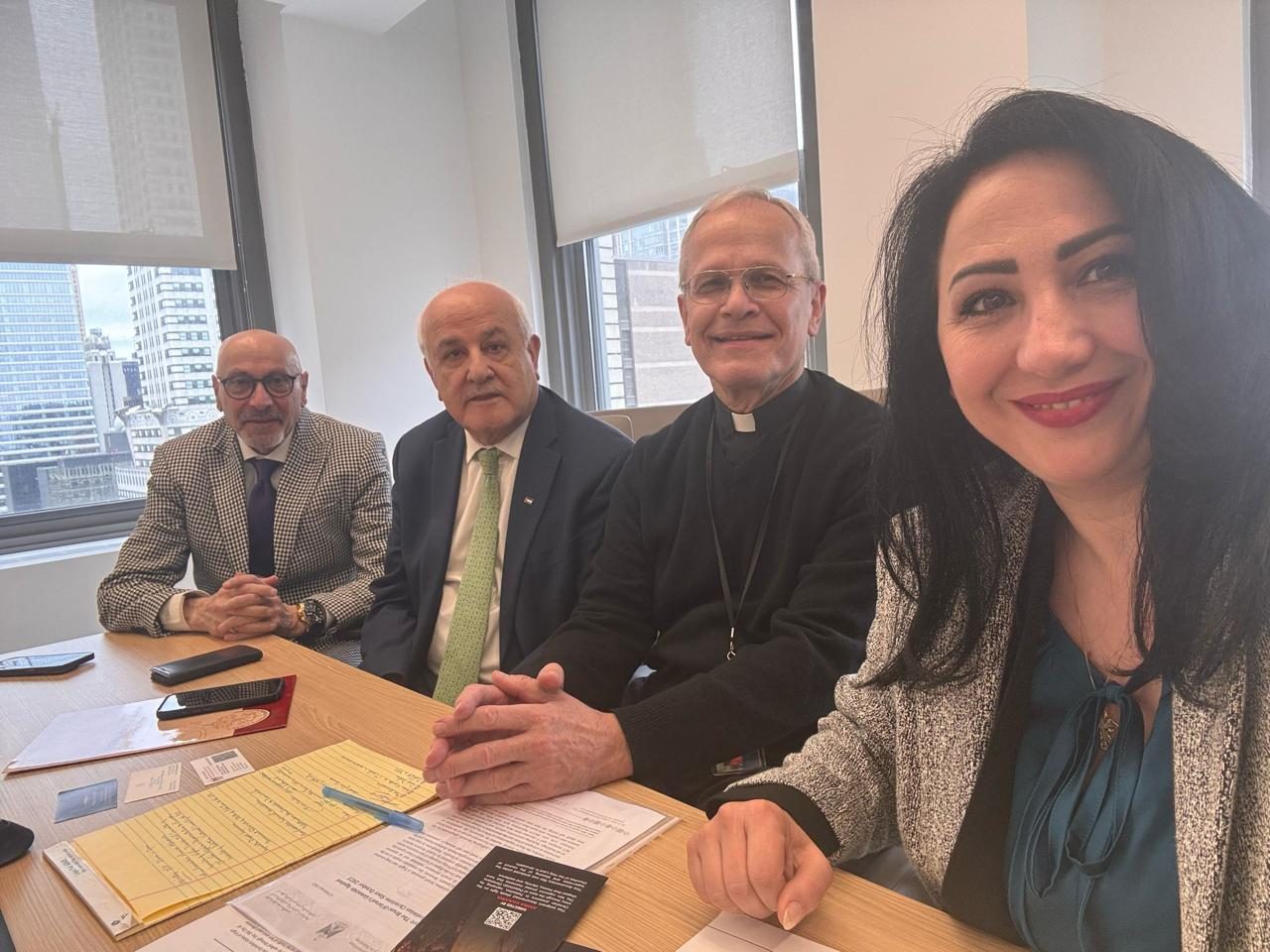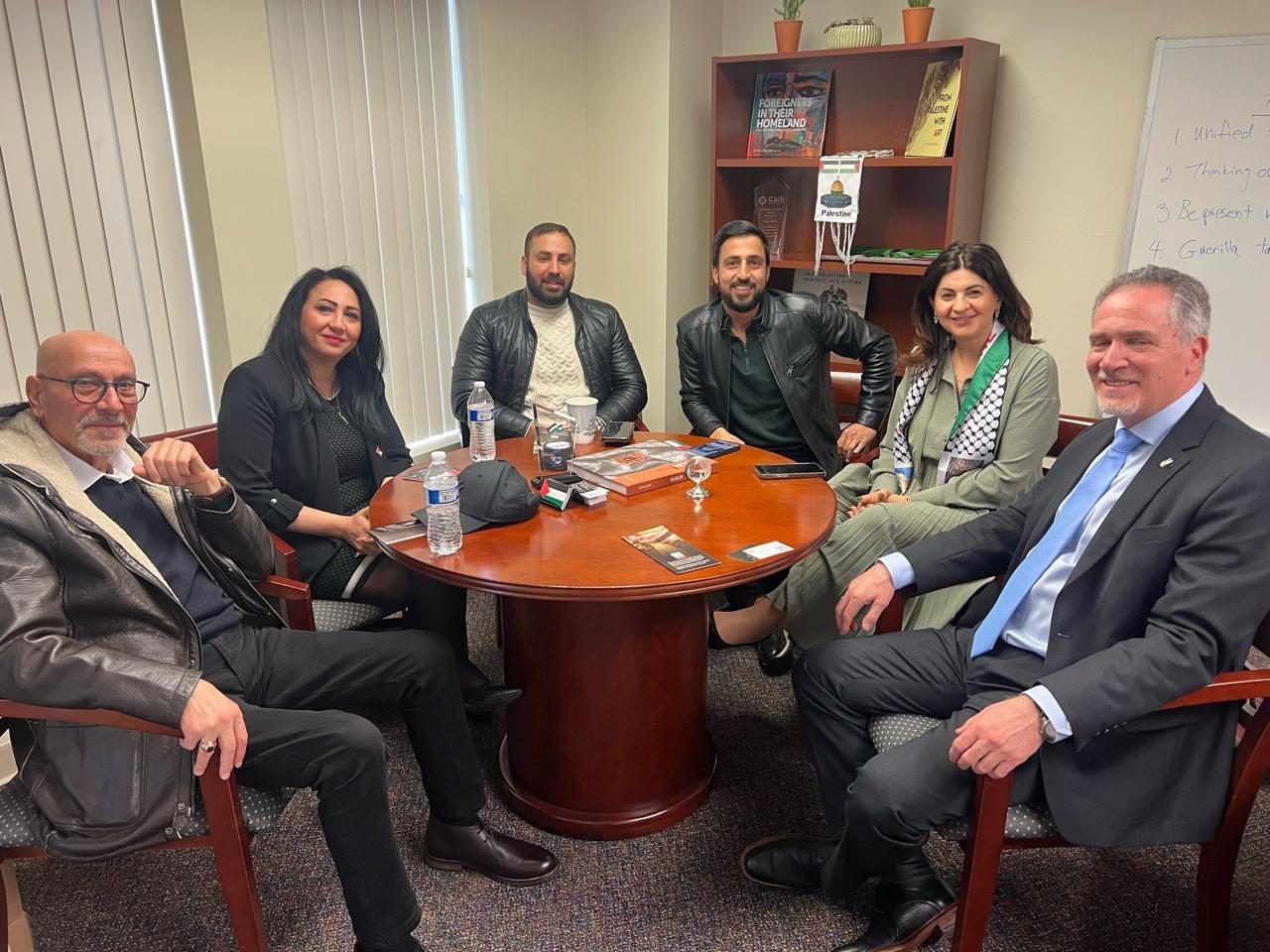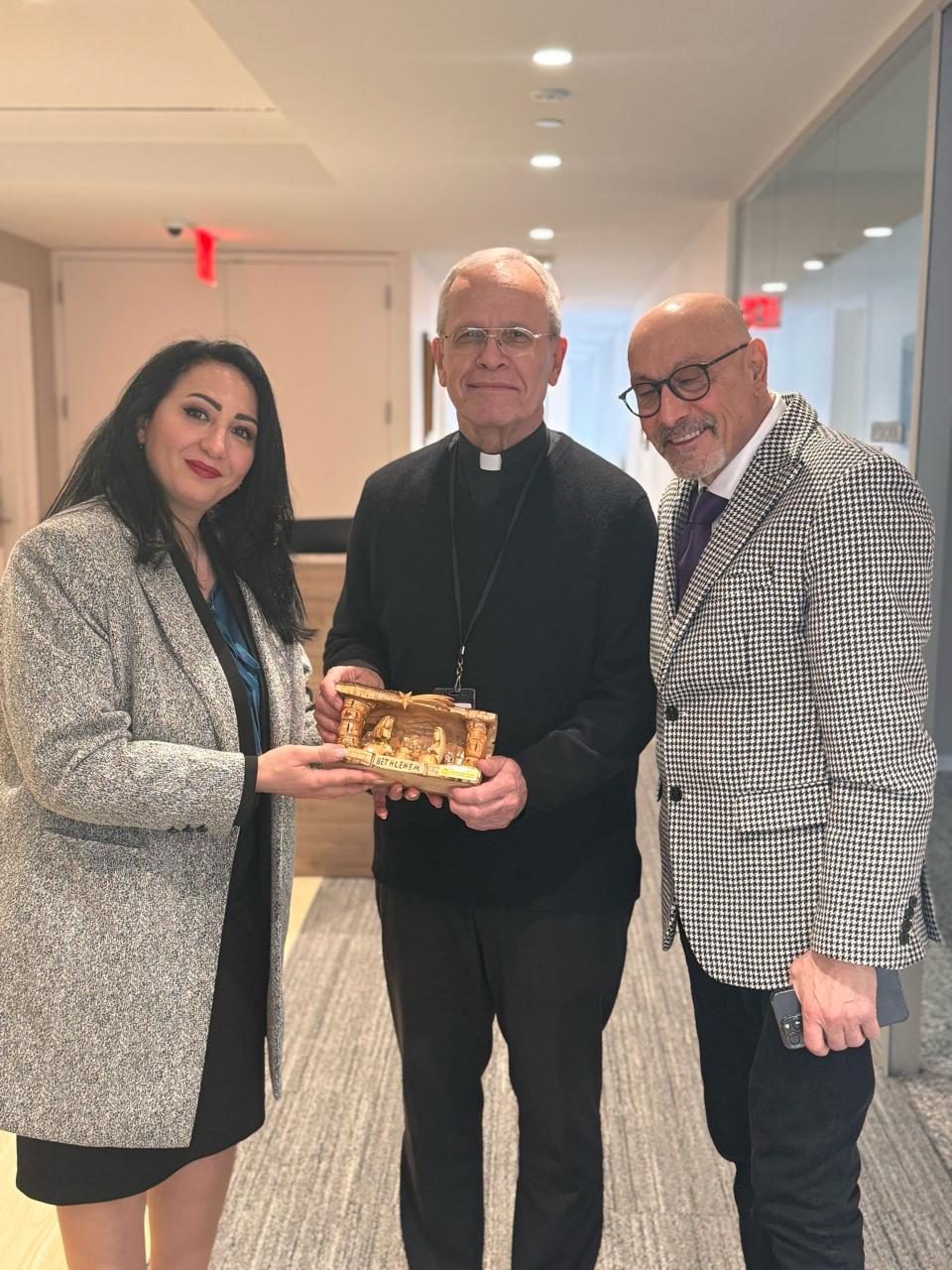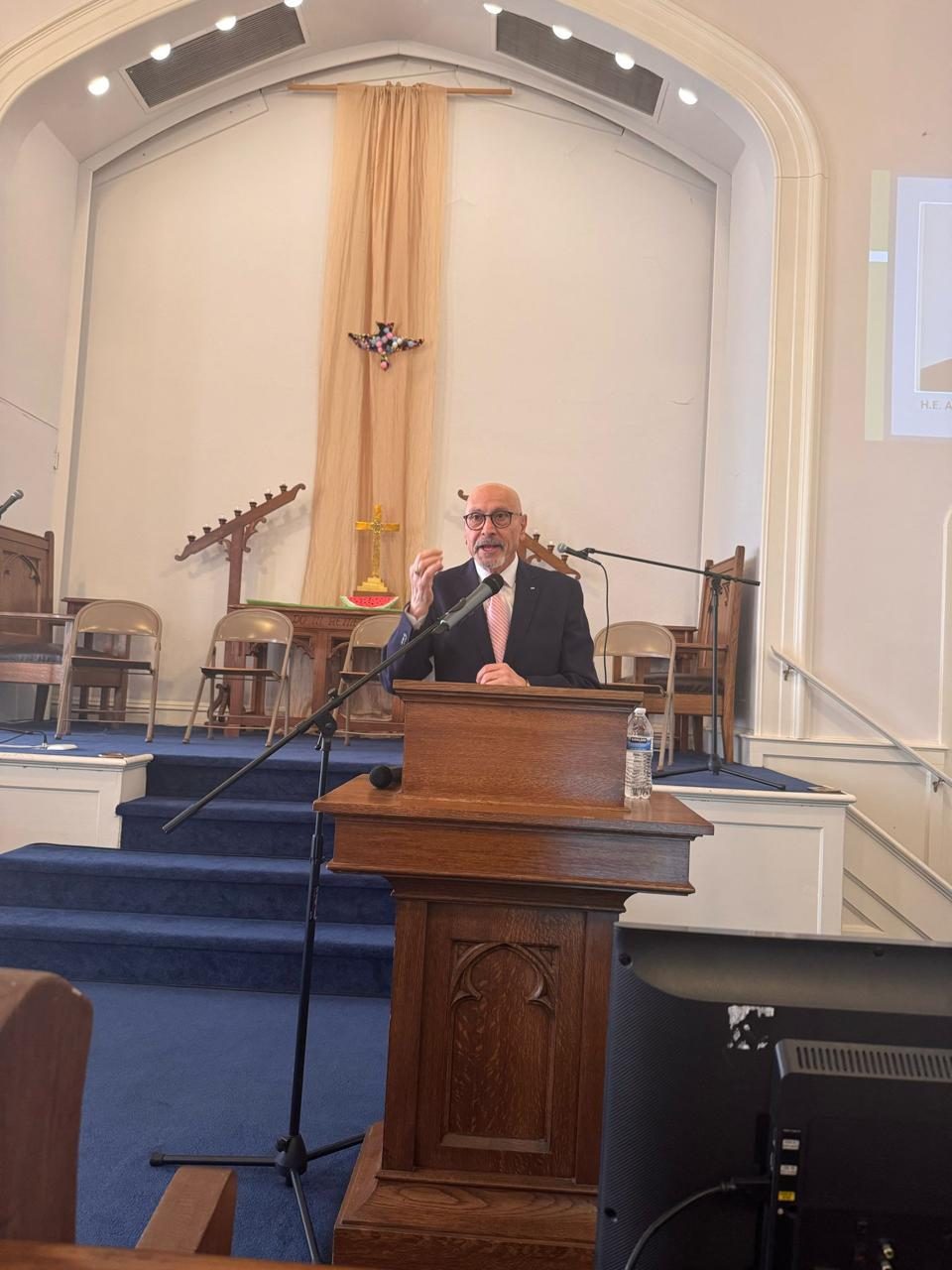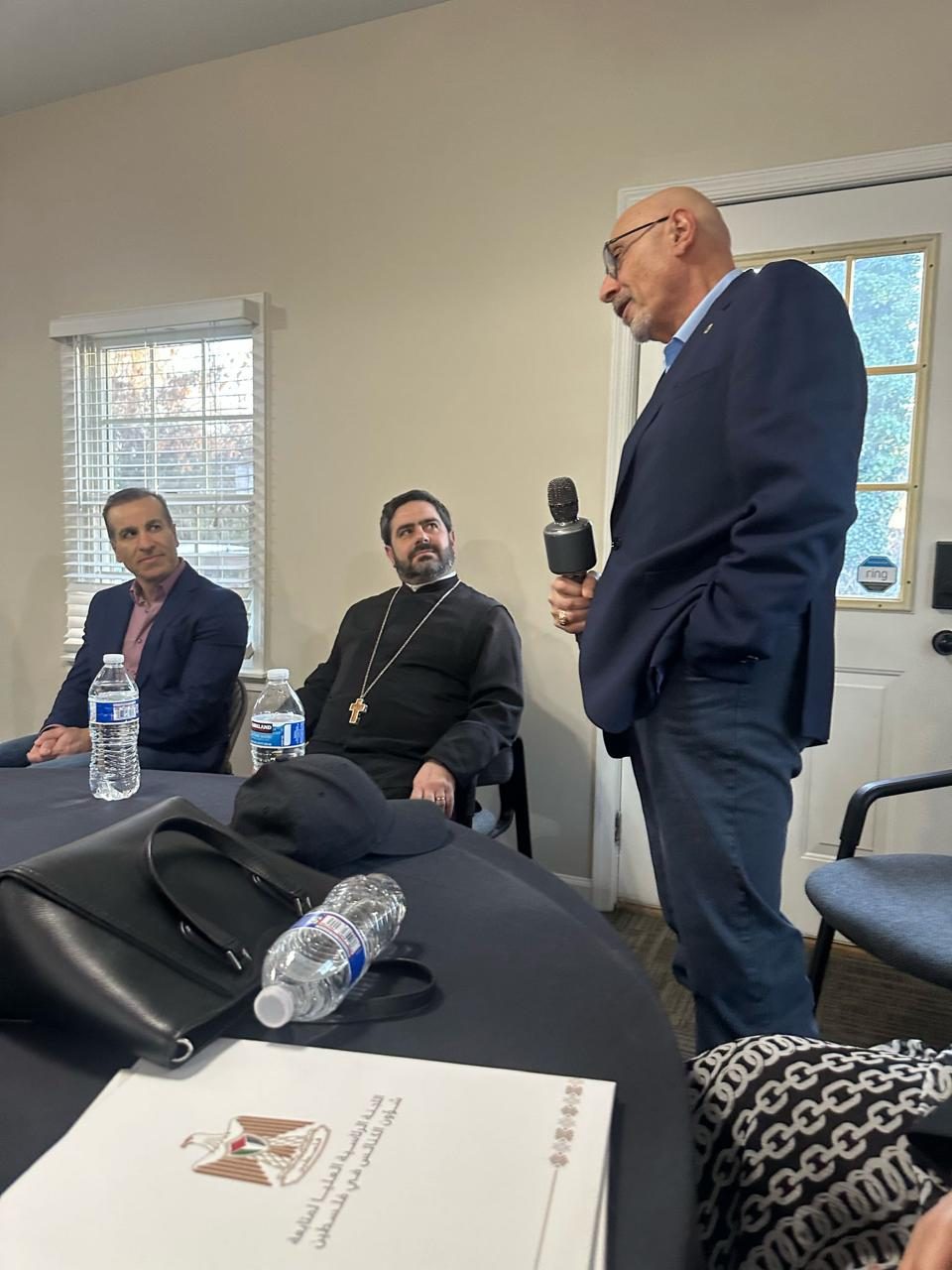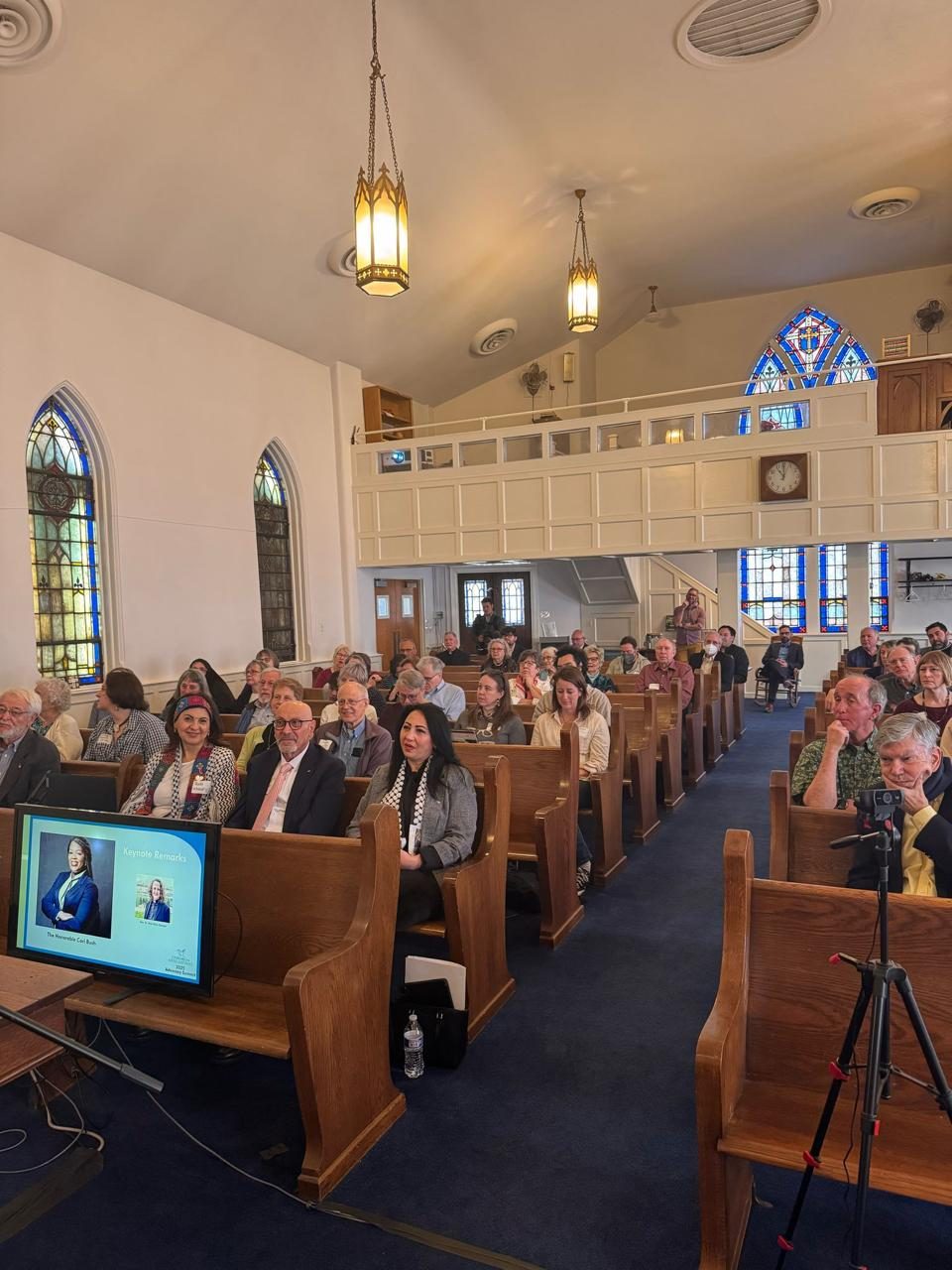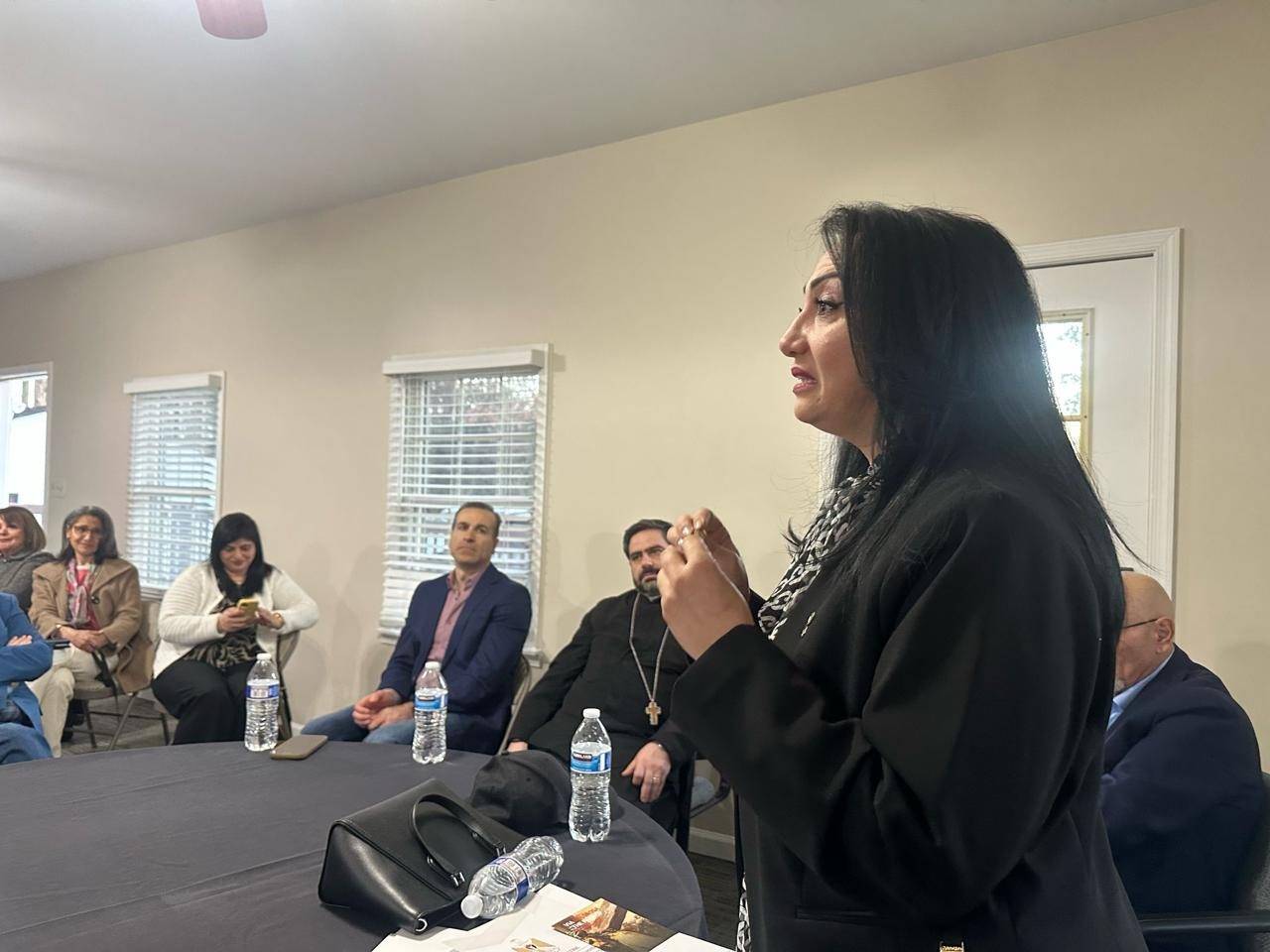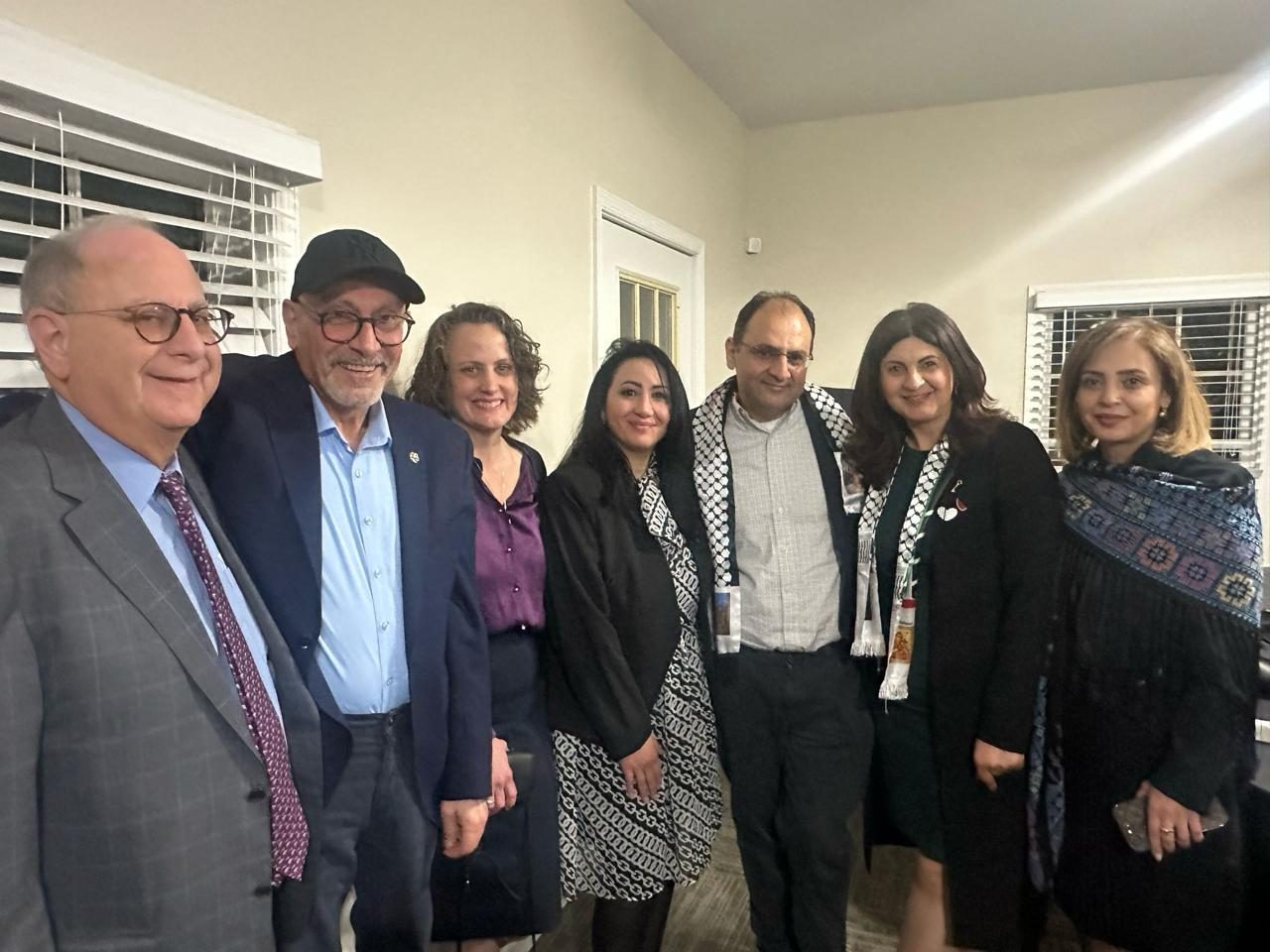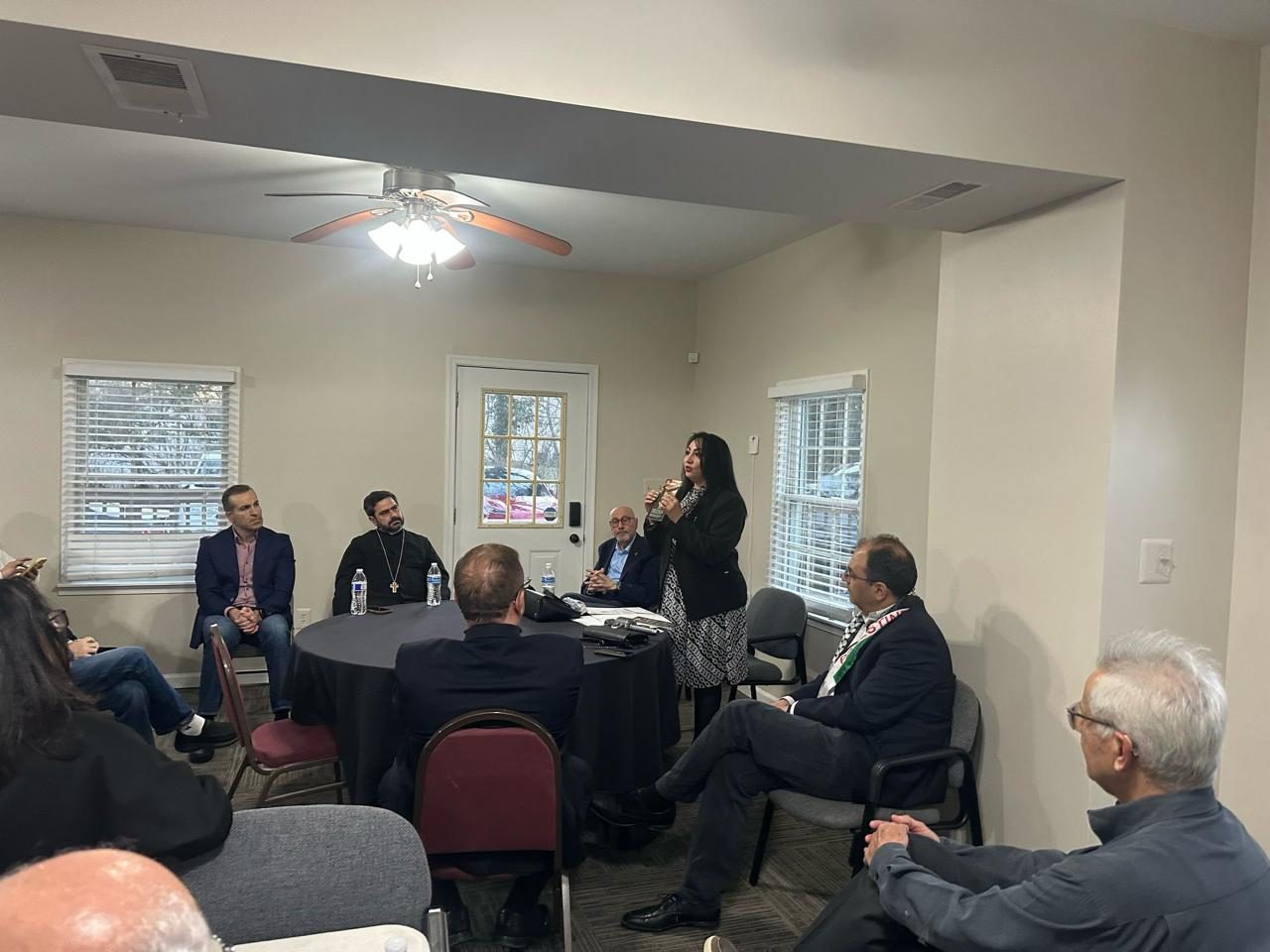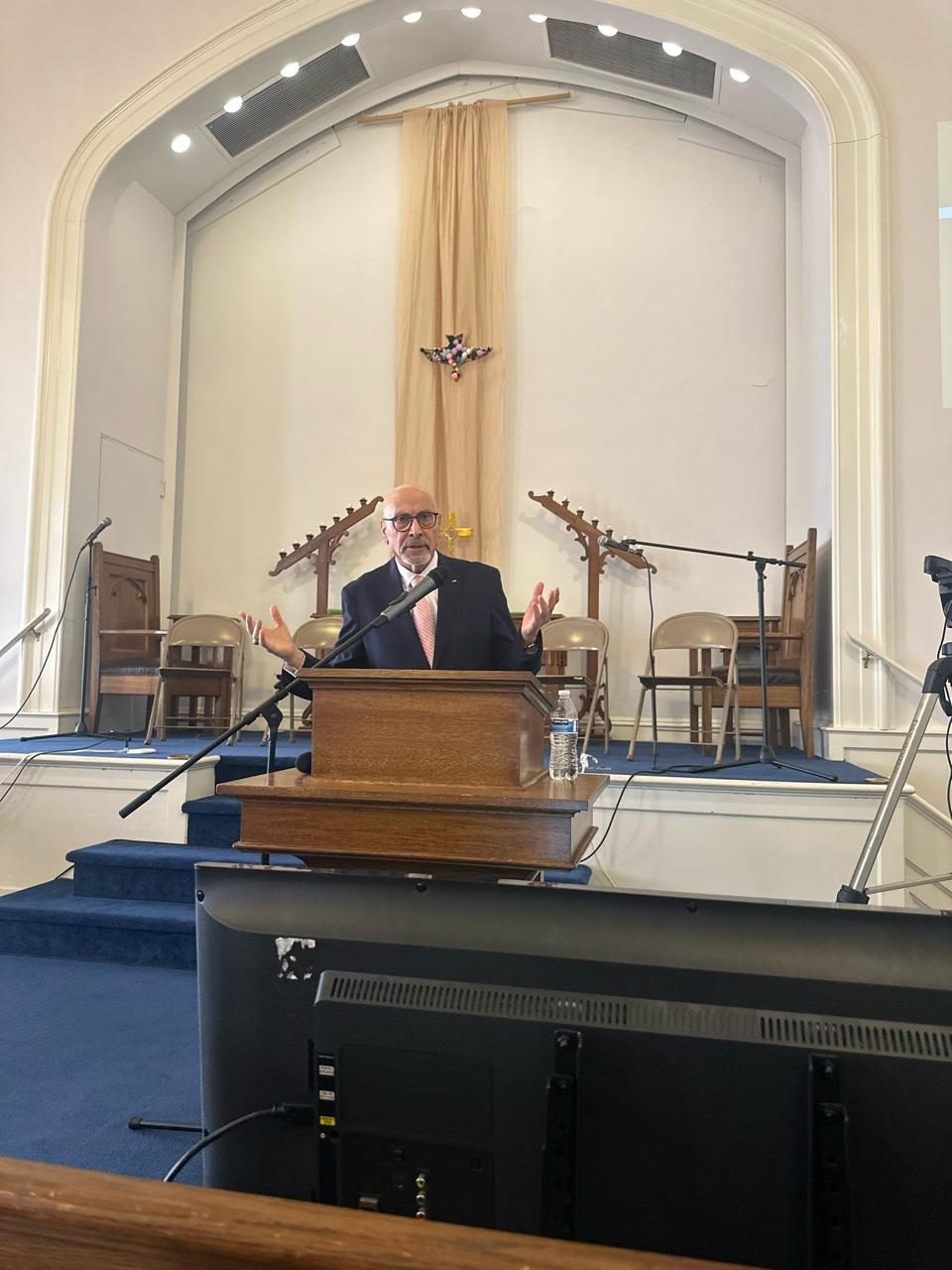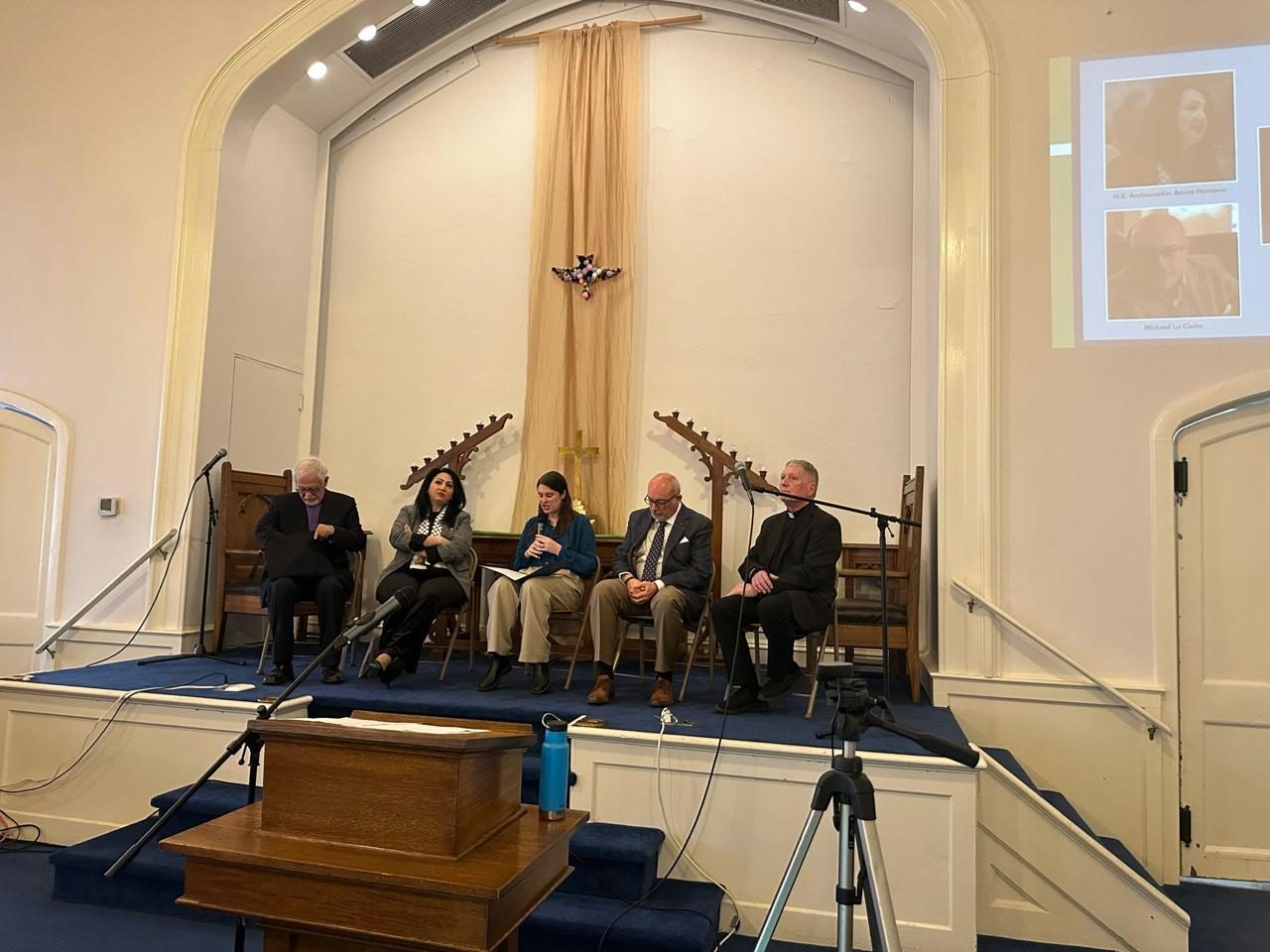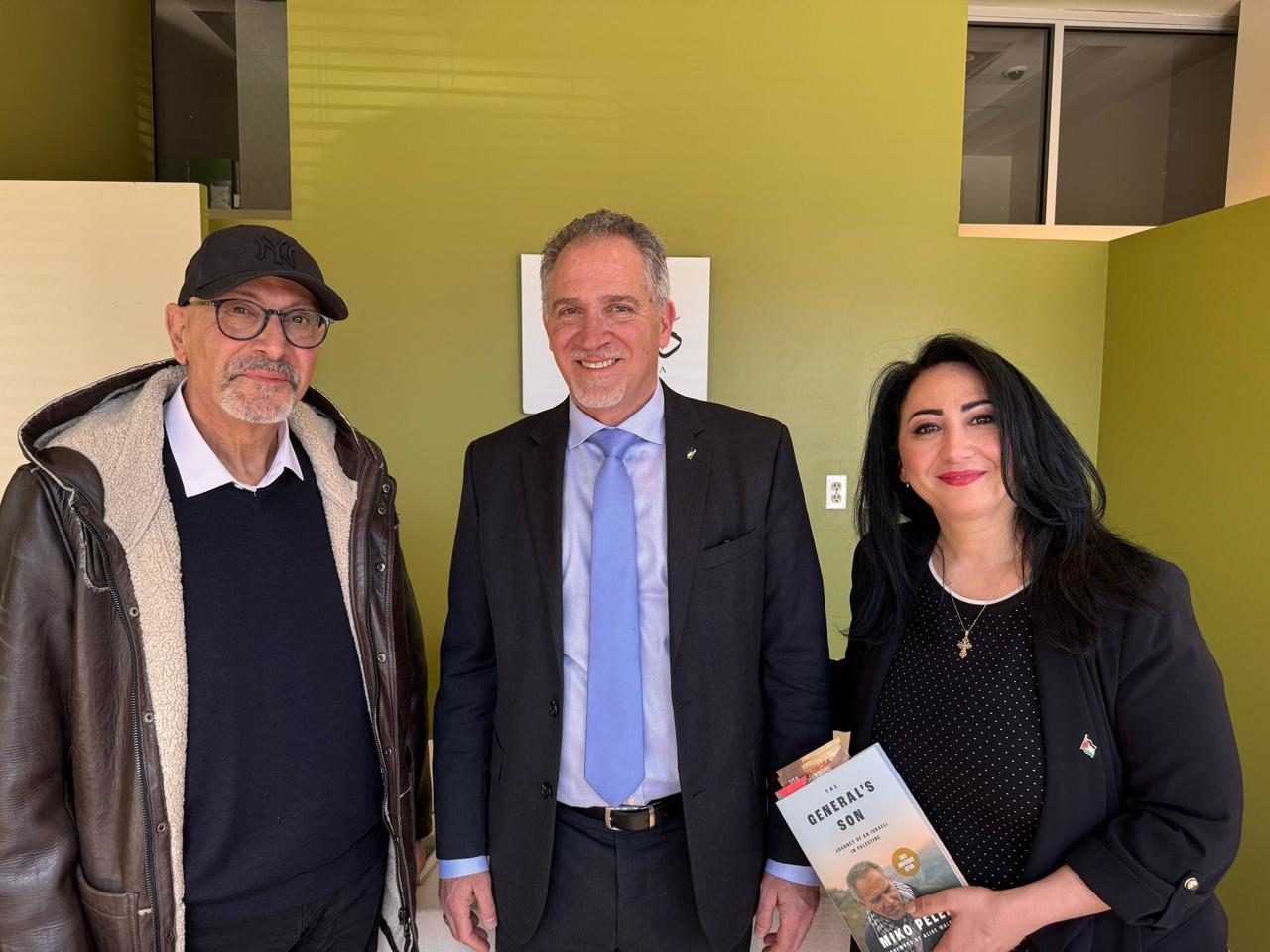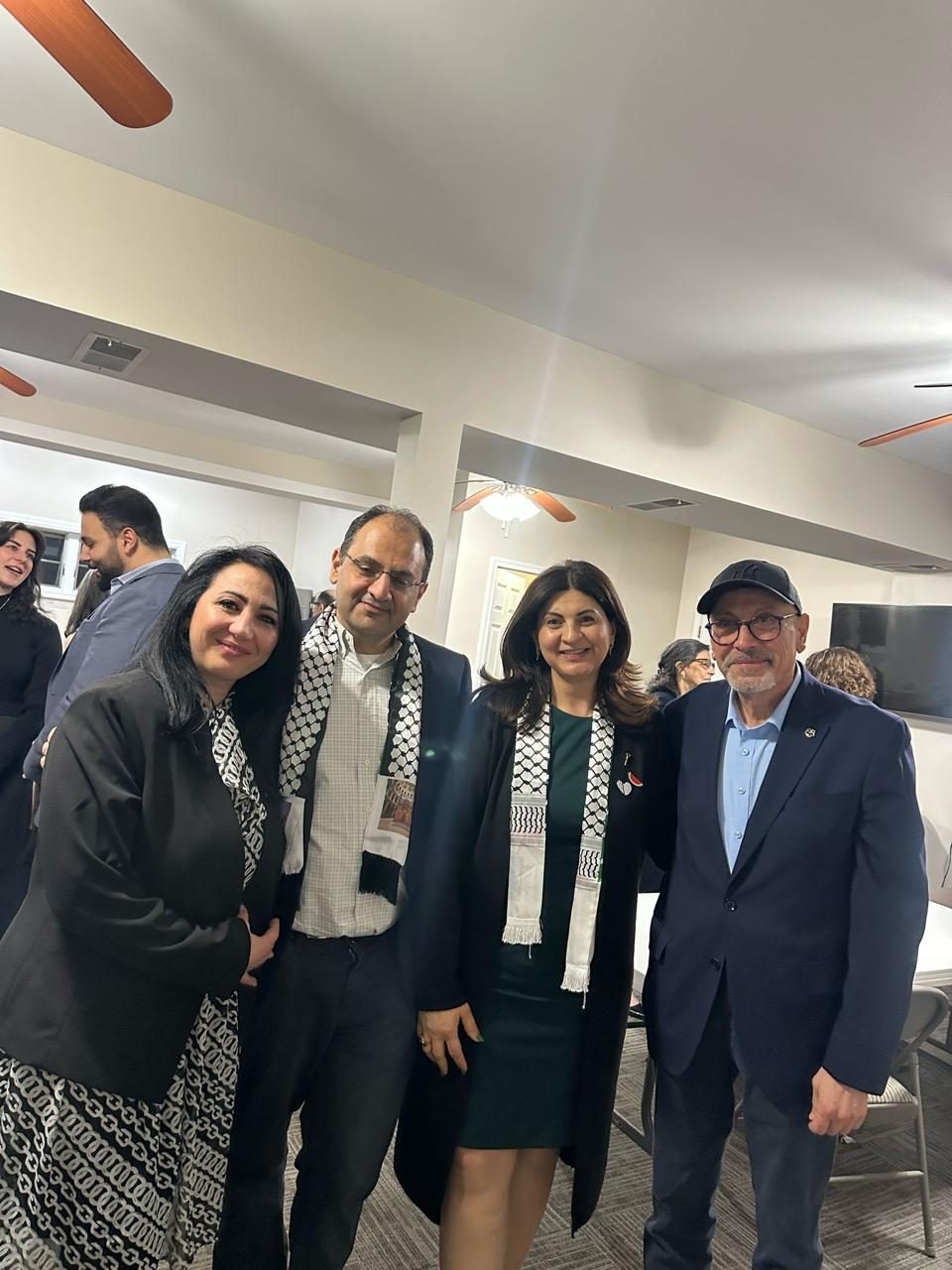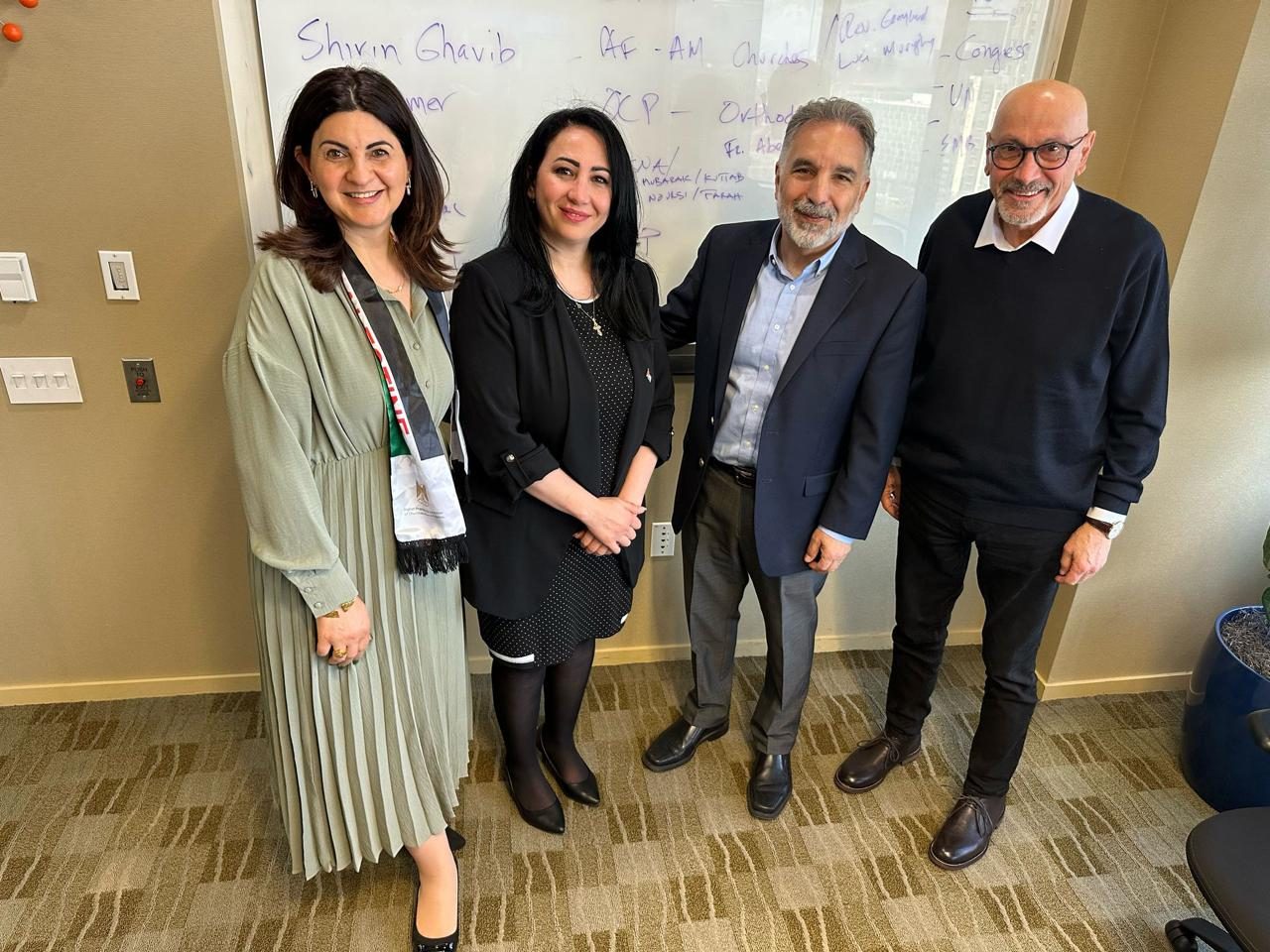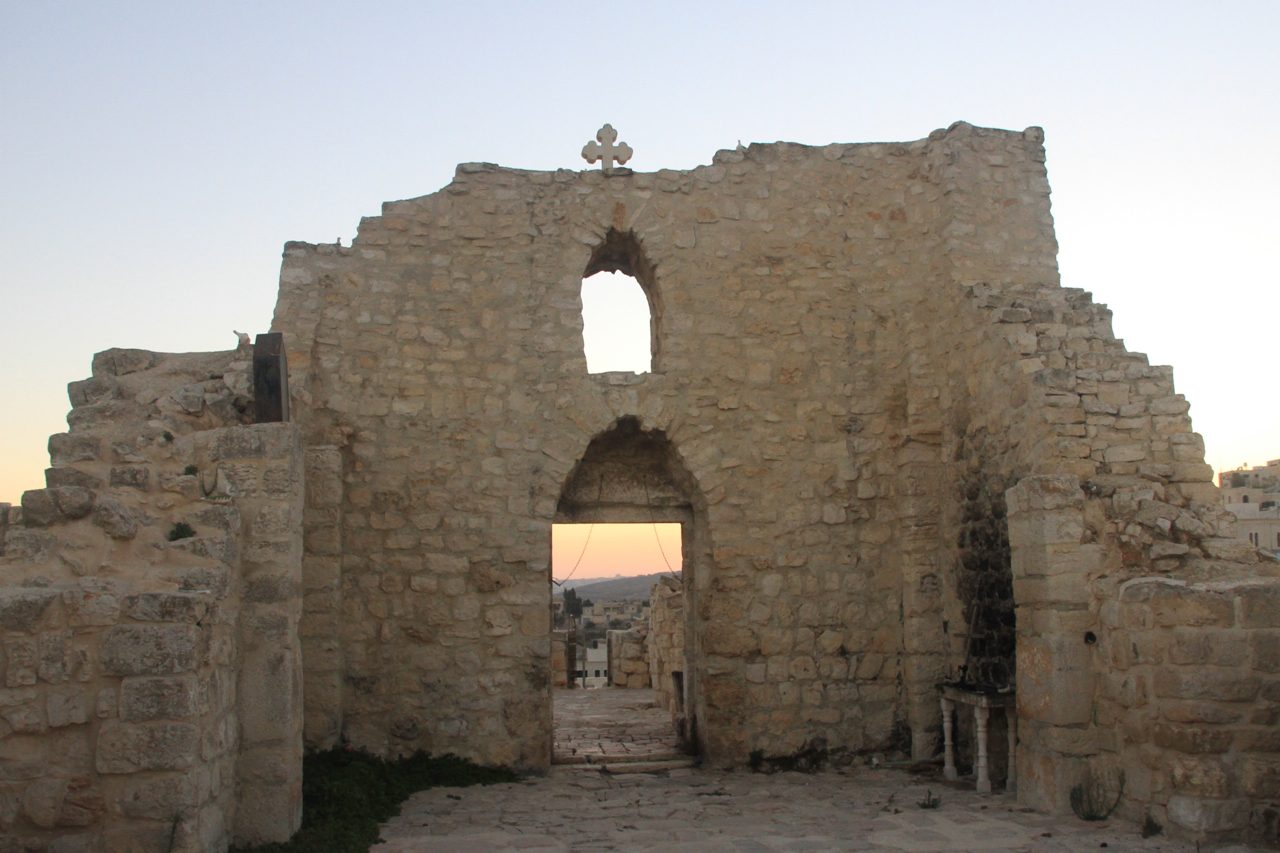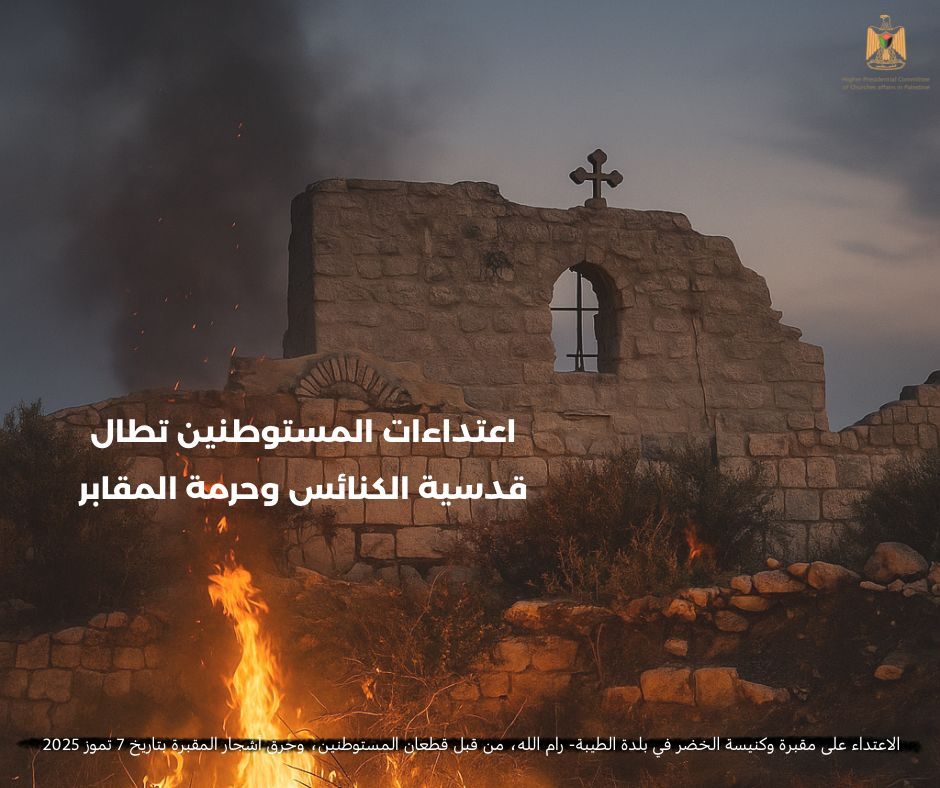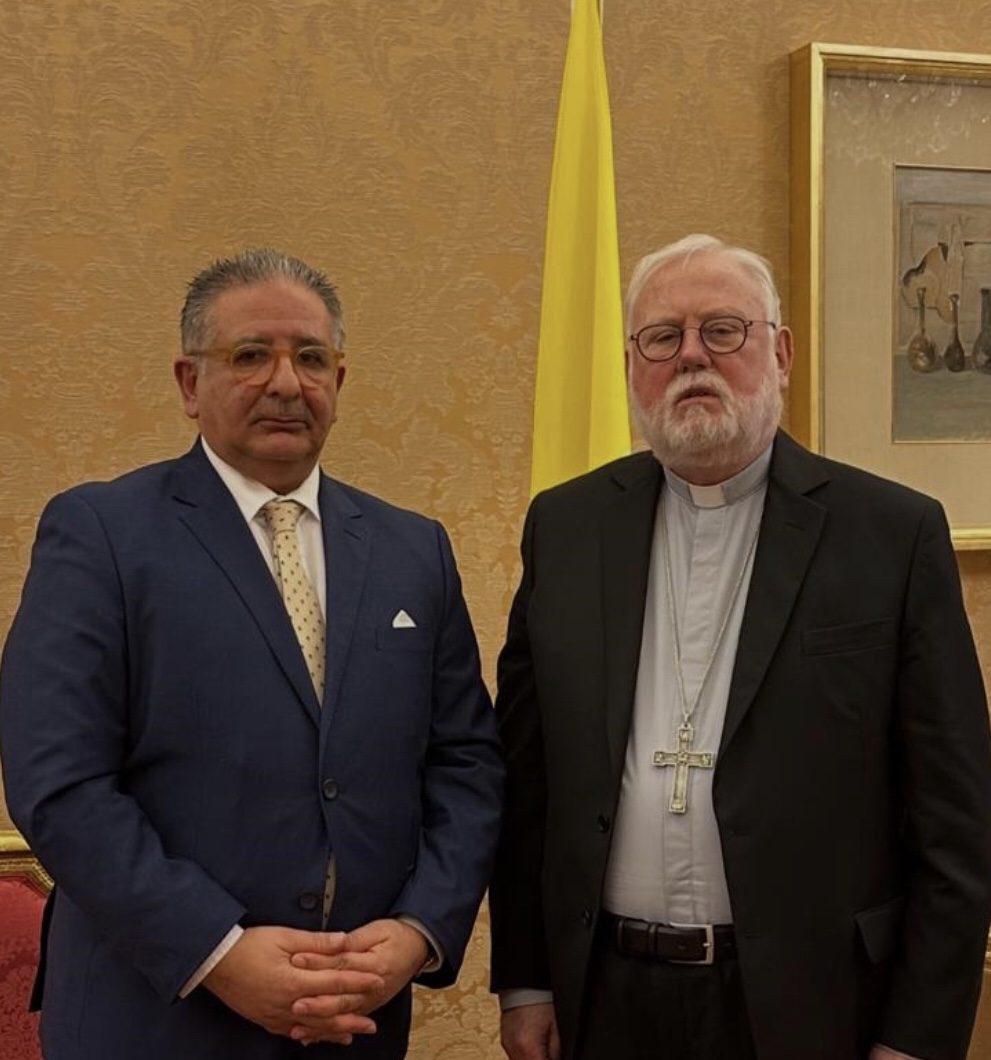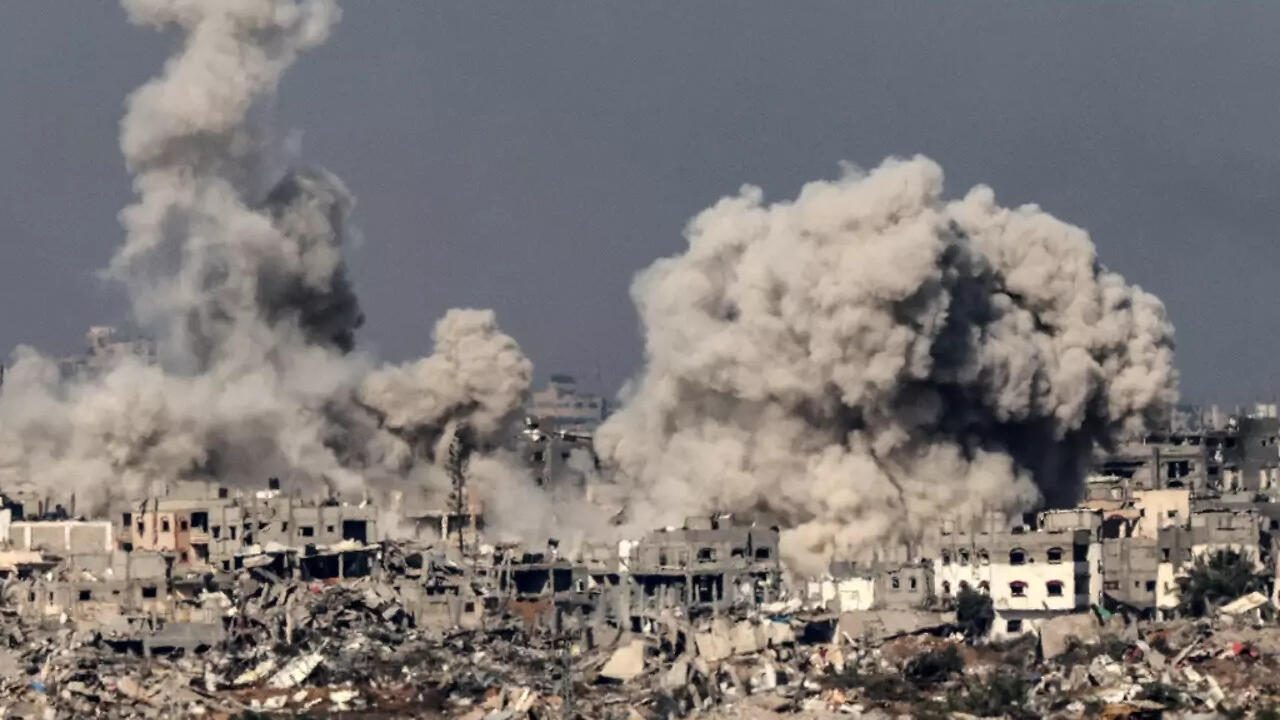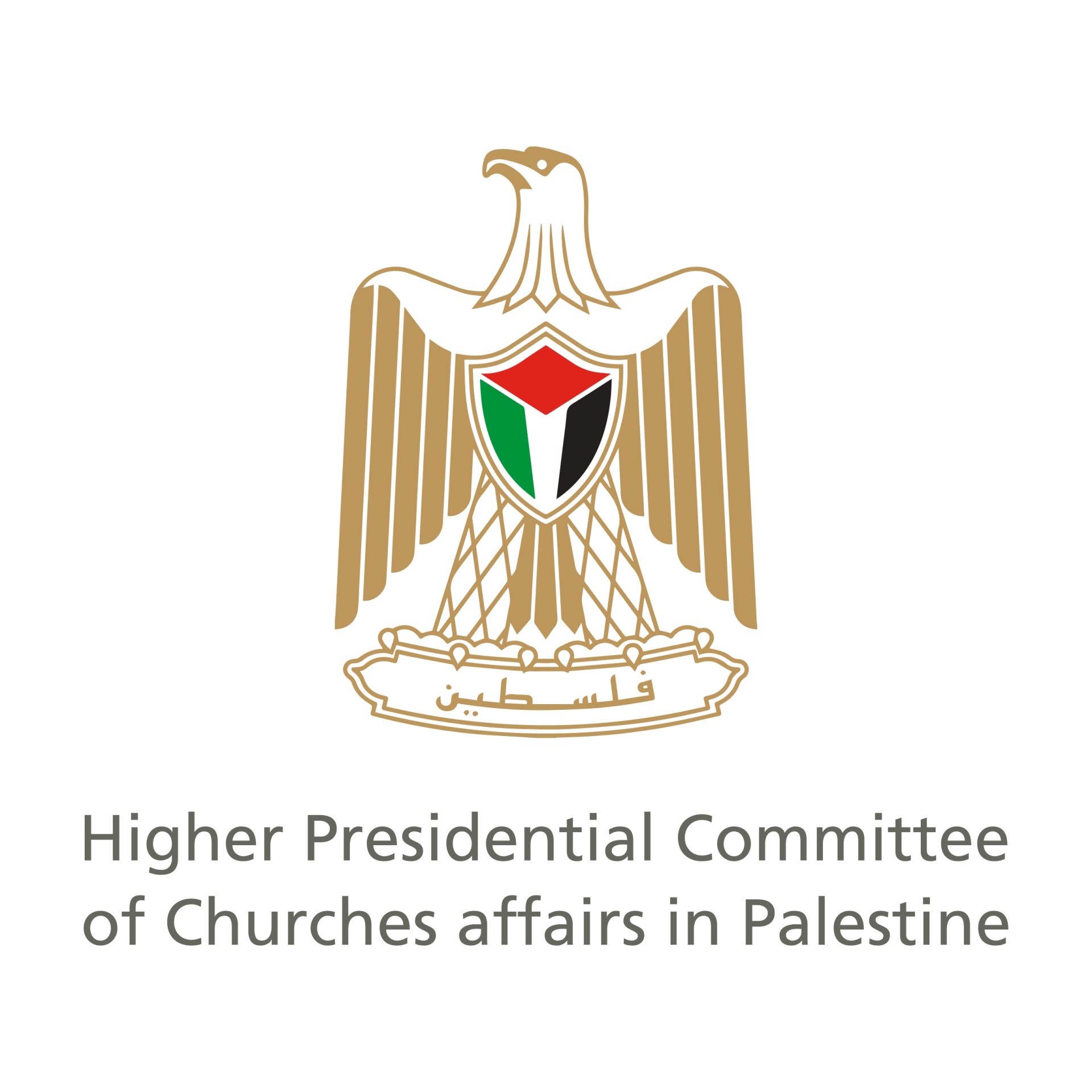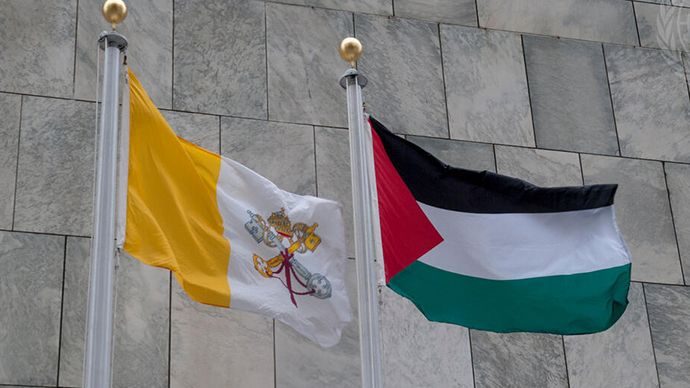The Higher Presidential Committee for Church Affairs in Palestine, concluding its tour in the United States, has called for immediate international intervention to stop Israel’s ongoing war of extermination in Gaza. The committee condemned the deliberate targeting of civilians, particularly children, as a blatant war crime that demands immediate accountability. It stressed that empty statements are no longer enough; concrete measures must be taken to end Israel’s continued aggression.
This appeal follows a series of high-level diplomatic and religious meetings held by the committee’s delegation during its participation in the 44th annual Churches for Middle East Peace conference. The delegation addressed the escalating Israeli violations, including the war of extermination in Gaza, attacks on Muslim and Christian holy sites, forced displacement, the Judaization of Jerusalem, and military incursions in the West Bank.
The delegation included Ambassador Amira Hanania, the committee’s representative in Europe, and Ambassador Manuel Hassassian, Palestine’s envoy to Denmark and advisory committee member. They both condemned Israel’s systematic violations of international law, facilitated by global inaction and unwavering U.S. support.
Hanania warned that the current escalation is not an isolated incident but part of a long-term strategy aimed at reshaping the region to serve Israel’s expansionist ambitions. She highlighted the increasing threats to the Christian presence in Palestine, particularly in Jerusalem, where religious institutions face mounting pressure, property seizures, and systematic attempts to erase the city’s historic identity.
Ambassador Hassassian echoed these concerns, emphasizing that Israel is intentionally framing the conflict as a religious struggle by marginalizing and excluding Palestinian Christians, “These are not random violations,” he stated. “This is a systematic policy designed to alter Palestine’s demographic fabric. The international community must act before it is too late.”
During their visit, the delegation held key meetings at the Catholic Near East Welfare Association (CNEWA) in New York, where they were joined by Ambassador Riyad Mansour, Palestine’s Permanent Representative to the United Nations. In discussions with Monsignor Peter Vaccari, president of CNEWA, they explored strategies to safeguard the Christian presence in Palestine, especially in Jerusalem, where churches are facing escalating attacks as part of a broader effort to impose a new Judaized reality. A documented report detailing these violations was presented, alongside plans for an exhibition on the Church of the Nativity and the screening of The Way of the Cross, a documentary chronicling the centuries-old history of Palestinian Christians.
Additionally, the delegation engaged with key religious figures, Palestinian and Christian communities, and human rights activists. The Way of the Cross was screened during the semi-annual meeting of the Ramallah Federation, as well as in a separate session with Archbishop Saba, Metropolitan of the Antiochian Orthodox Church in North America. Archbishop Saba underscored the importance of interchurch solidarity in defending Palestine’s Christian heritage, emphasizing that protecting holy sites is integral to the broader fight for justice.
The delegation also visited Palestine Freedom House, where they met with human rights advocate Miko Peled. Peled stressed the importance of amplifying the Palestinian narrative in the U.S. to counter Israel’s disinformation campaigns.
At the conclusion of the tour, the committee urged the U.S. administration to reassess its policies on the Israeli-Palestinian situation, warning that continued bias in favor of Israel will only fuel further escalation and regional instability. The committee cautioned that failure to act now will have repercussions far beyond the region’s borders.

